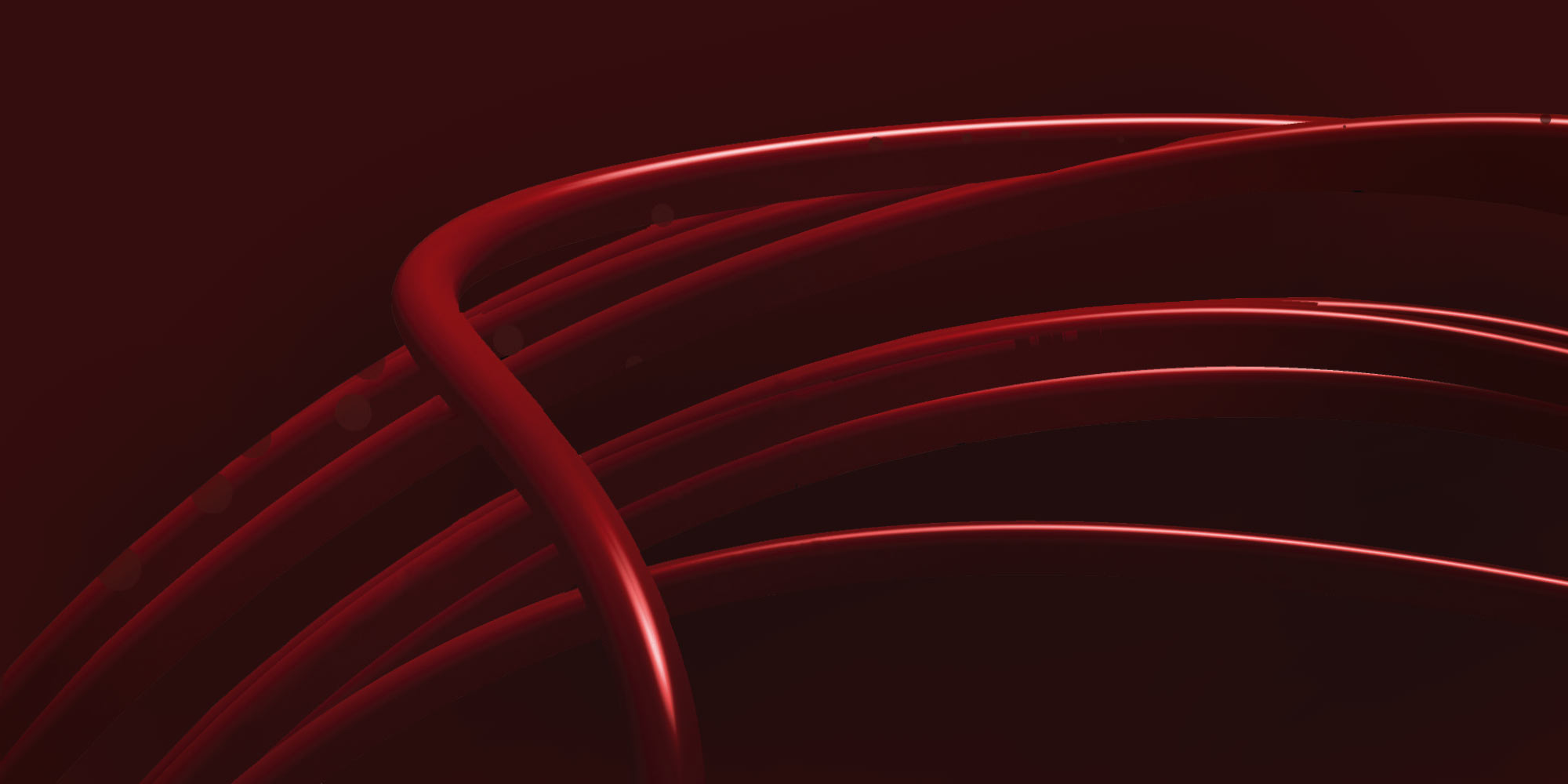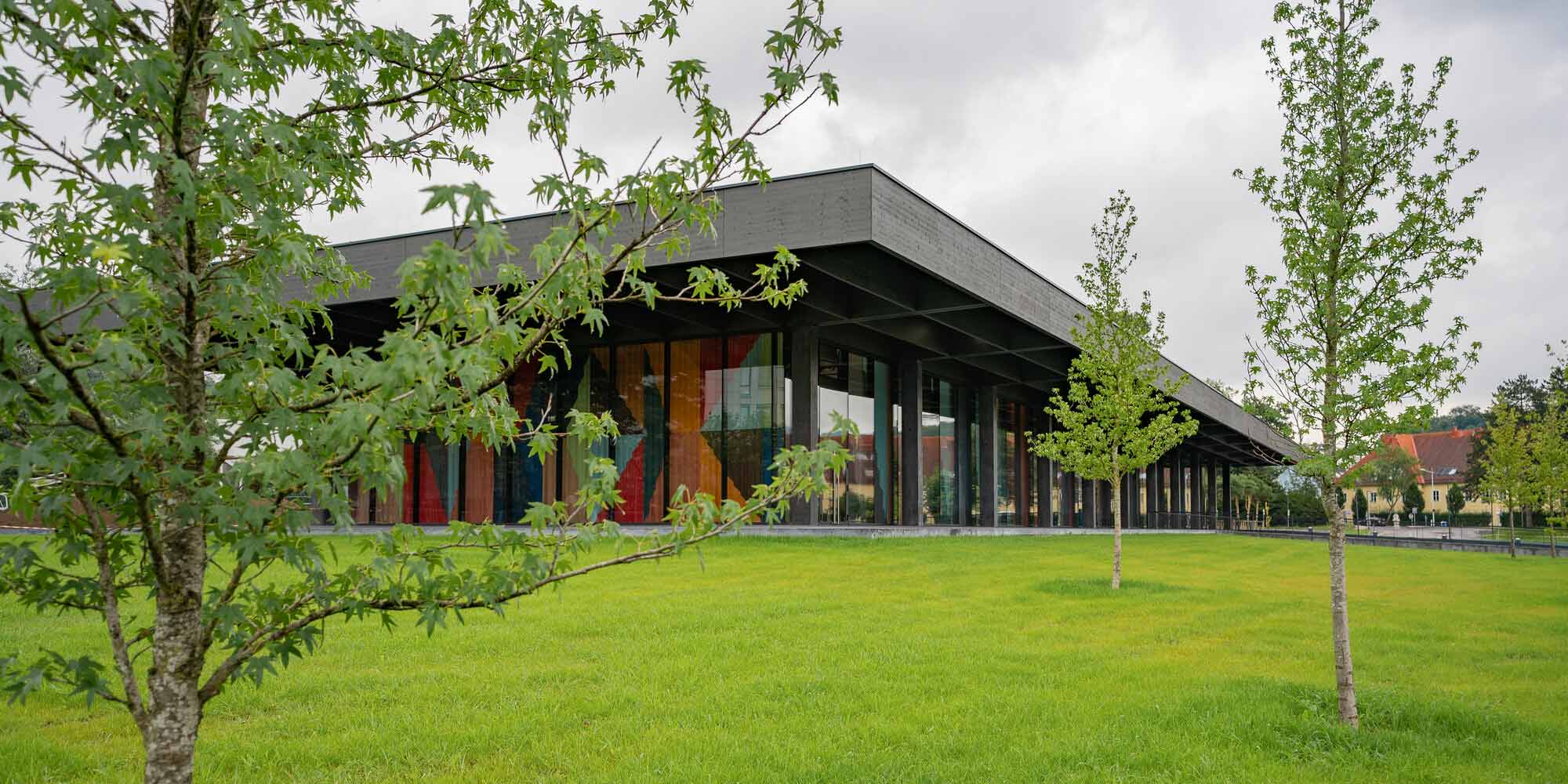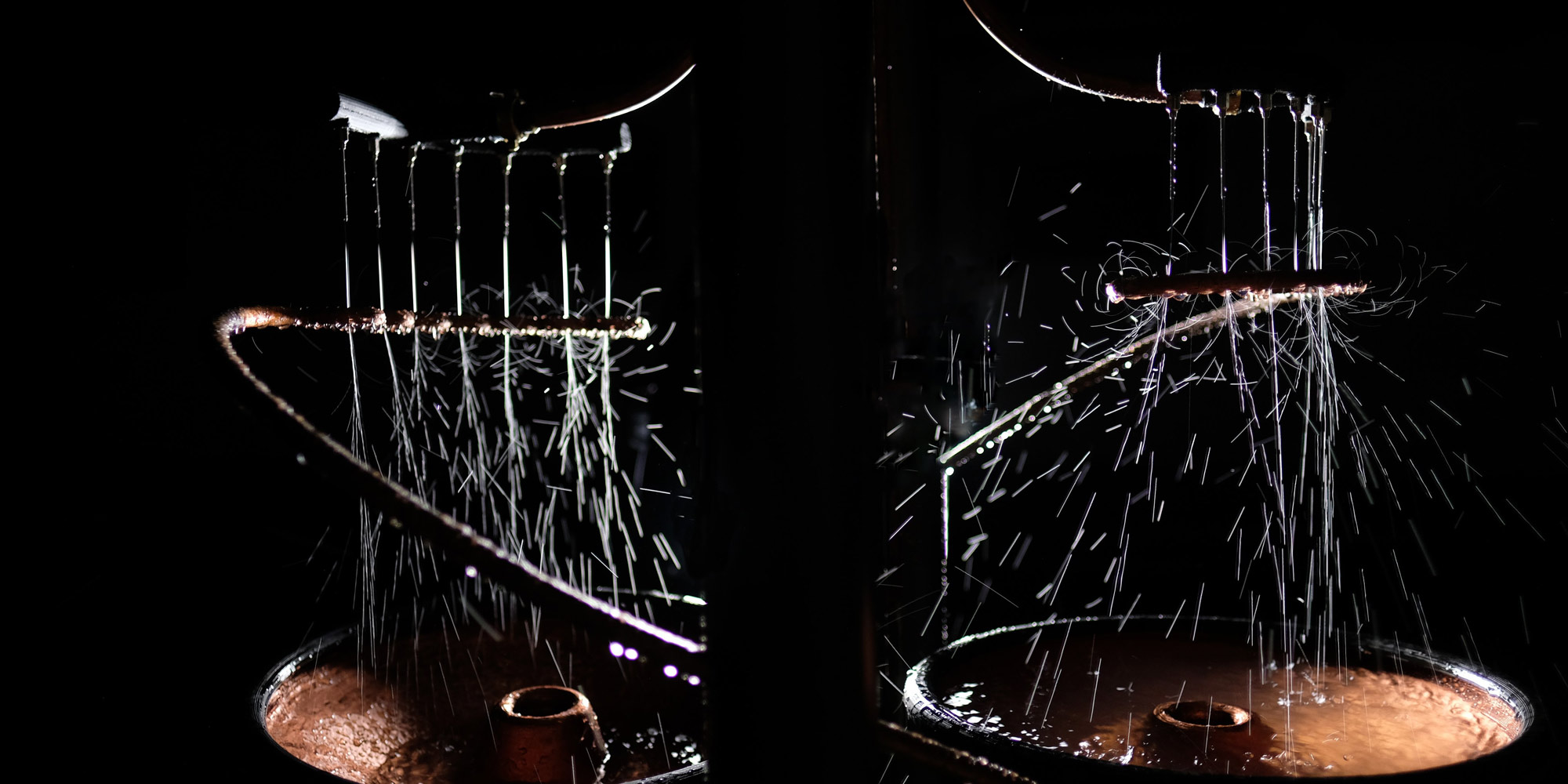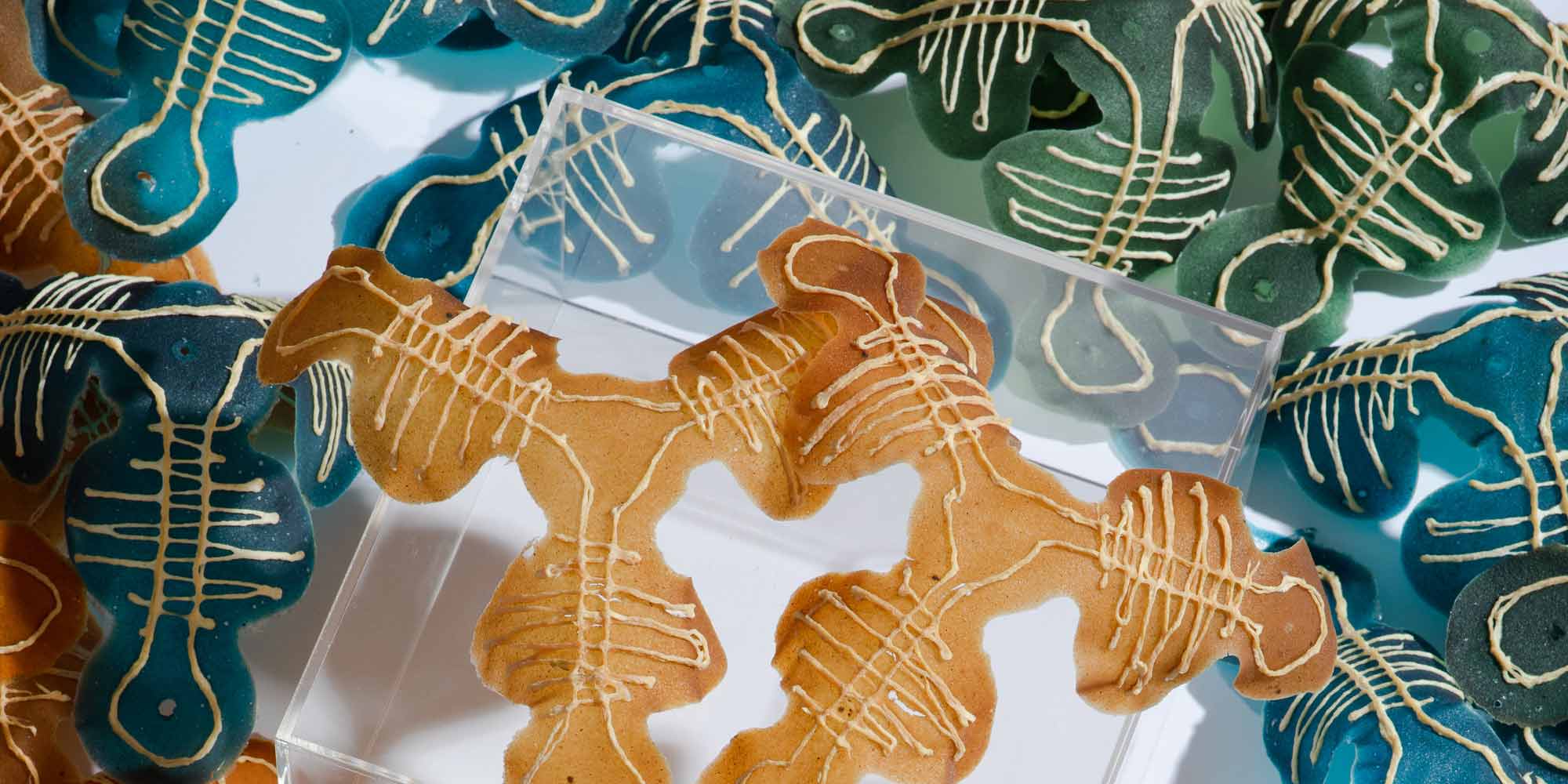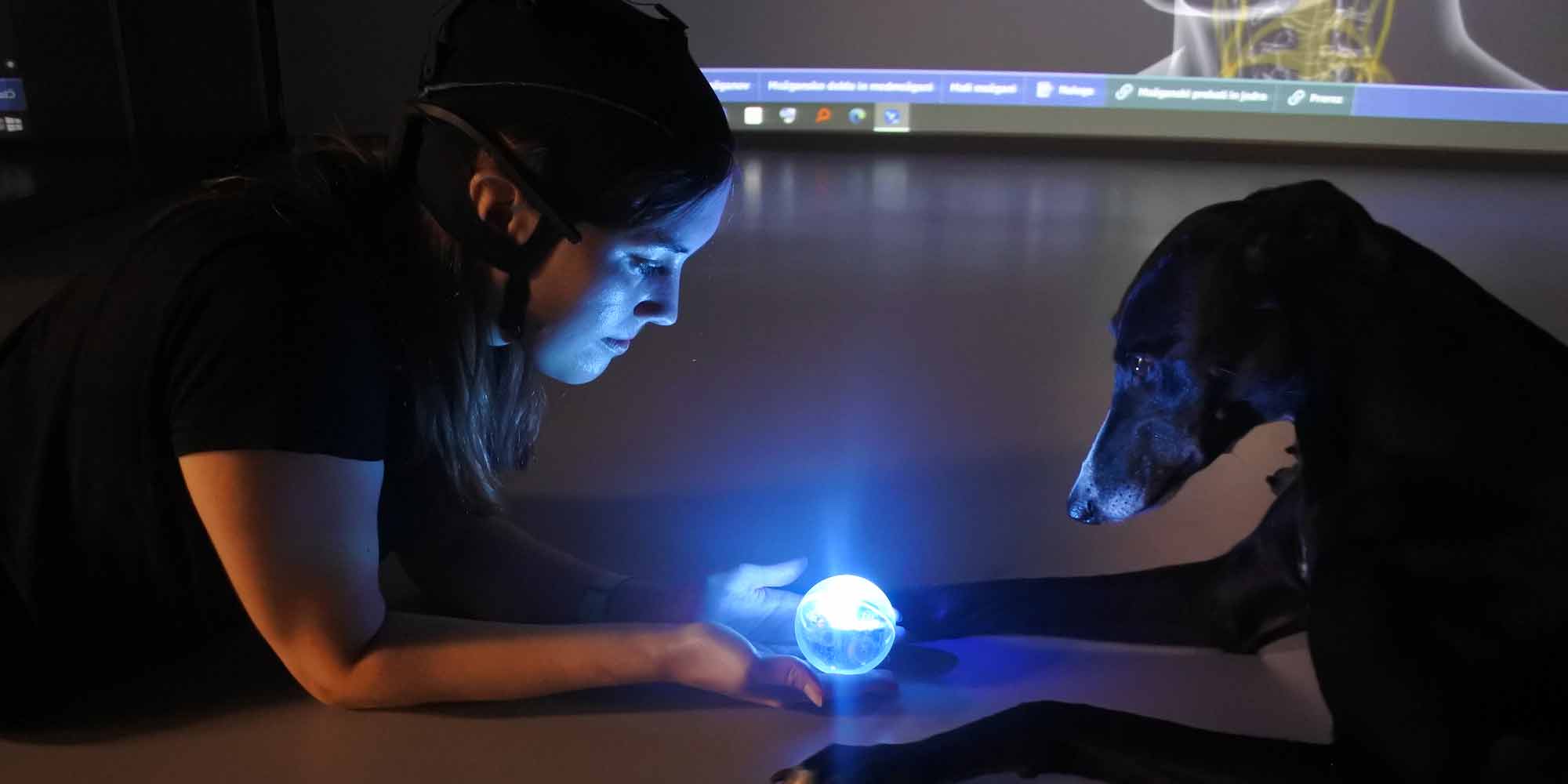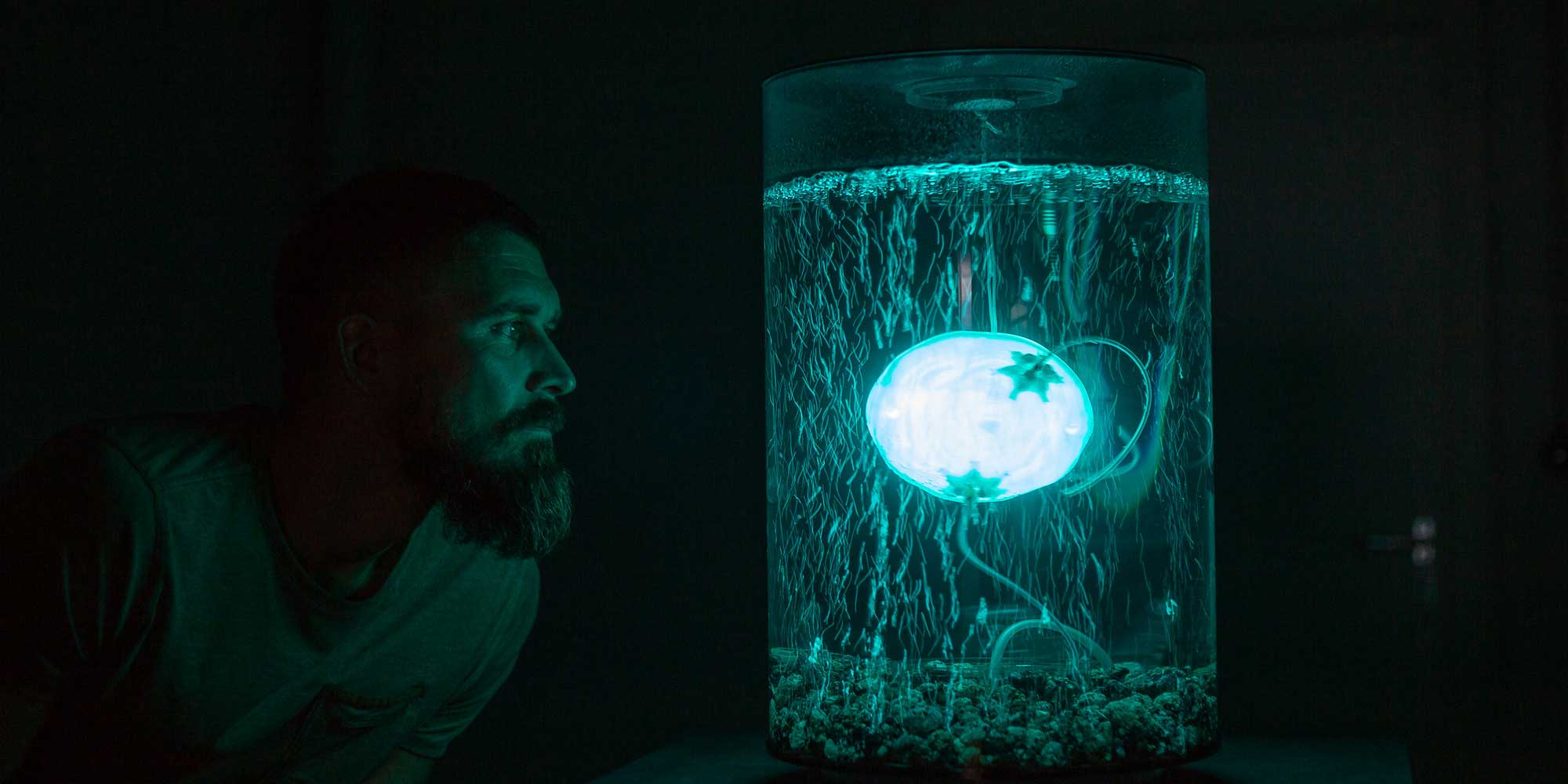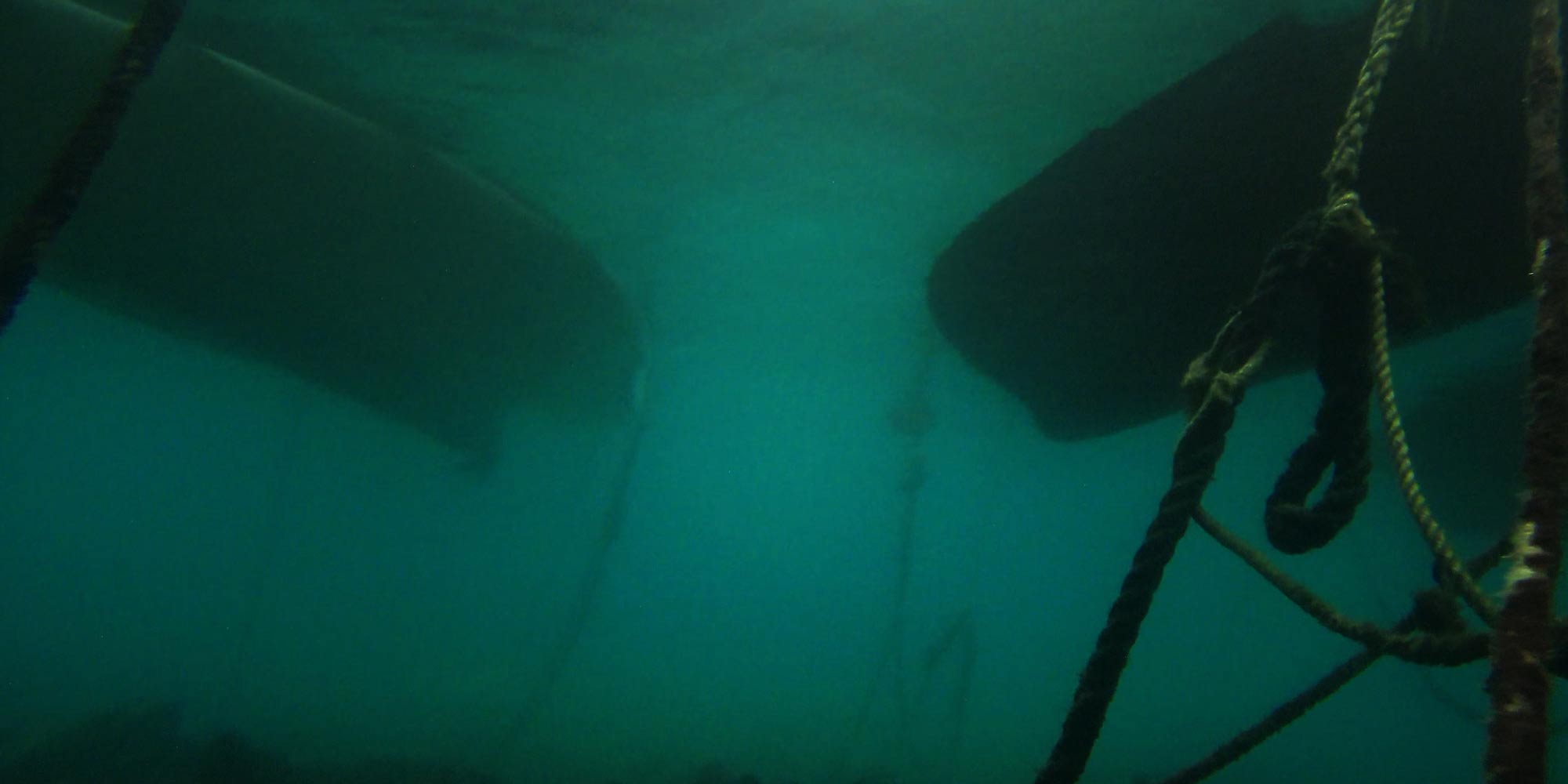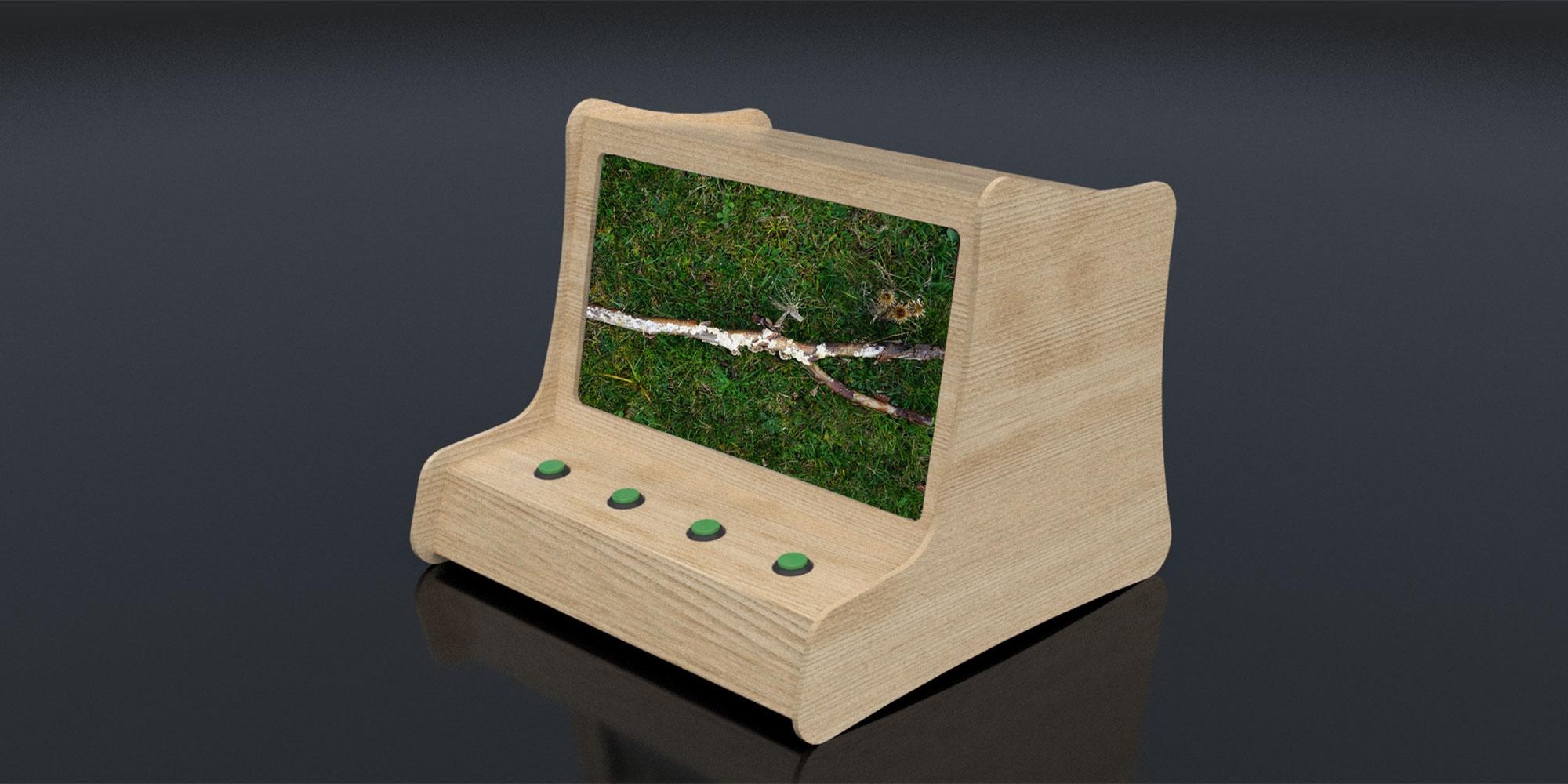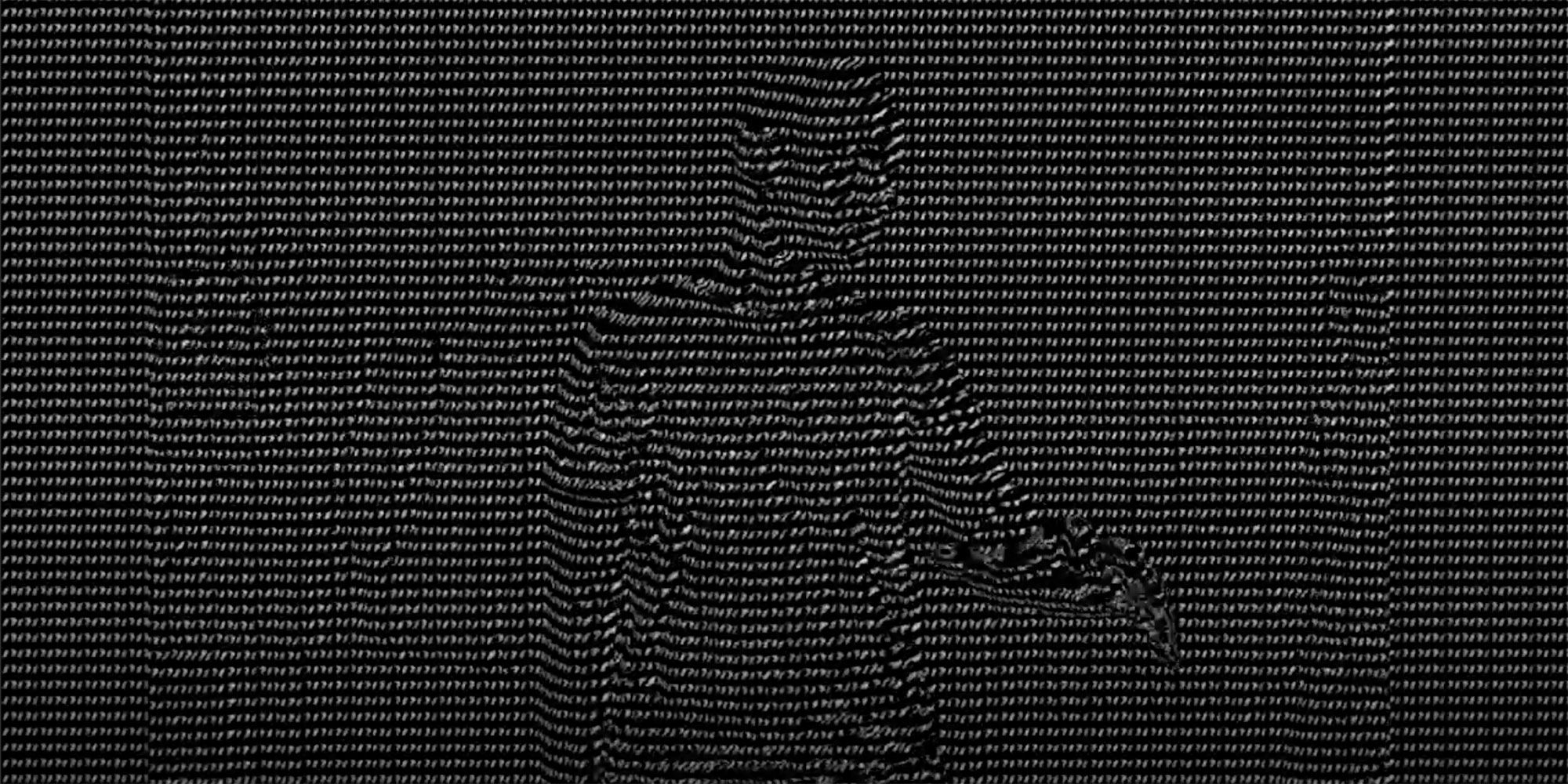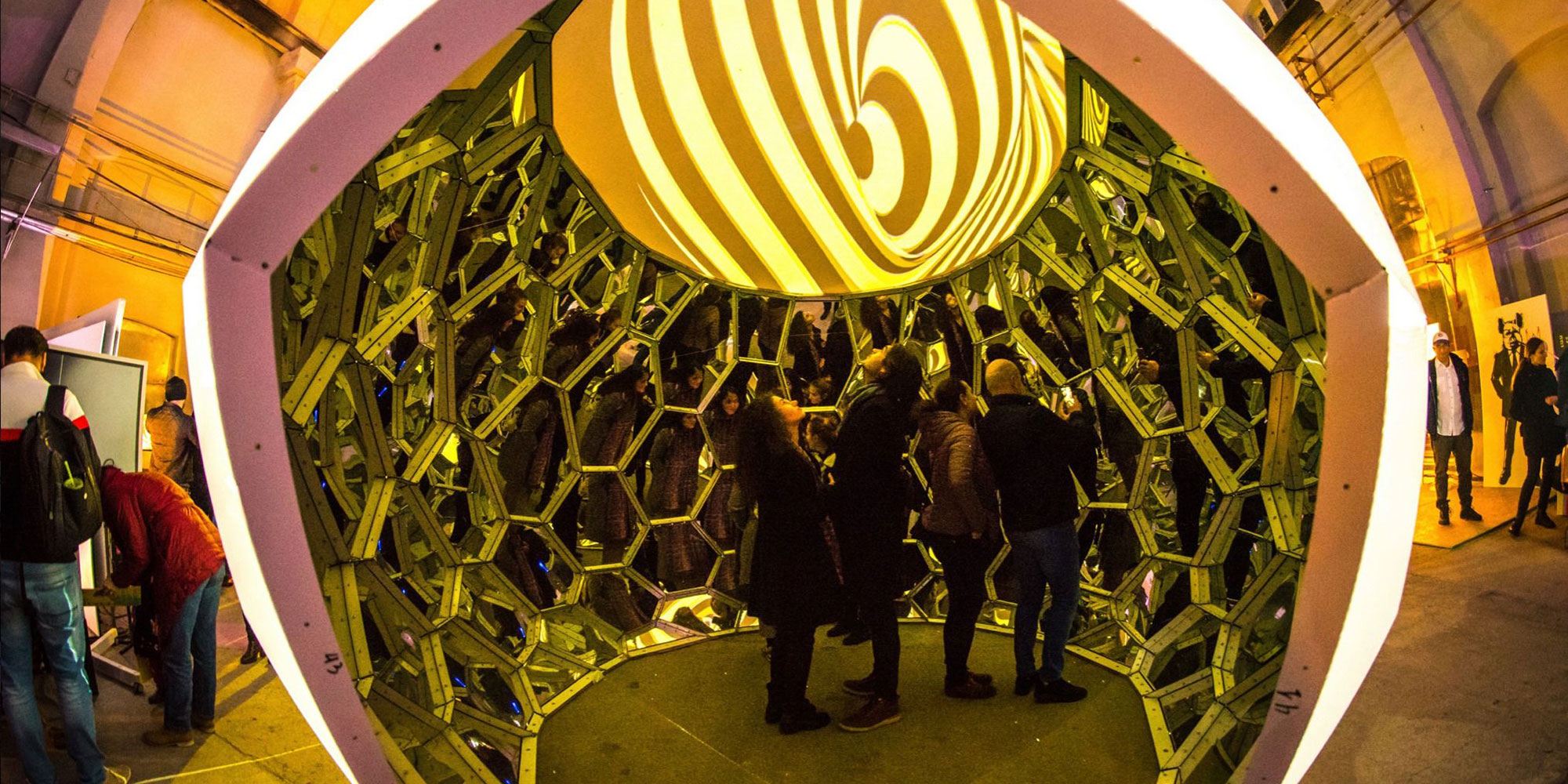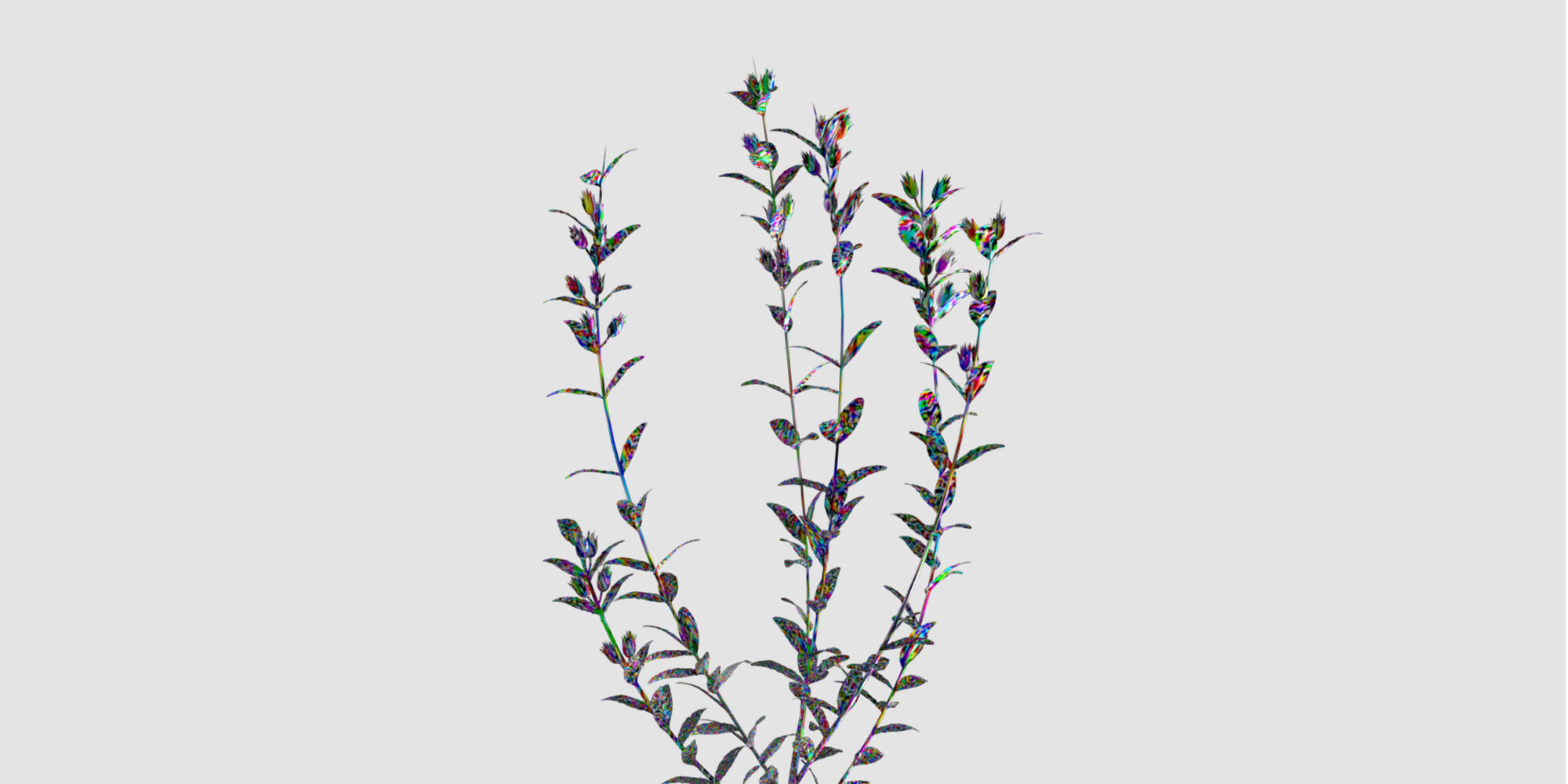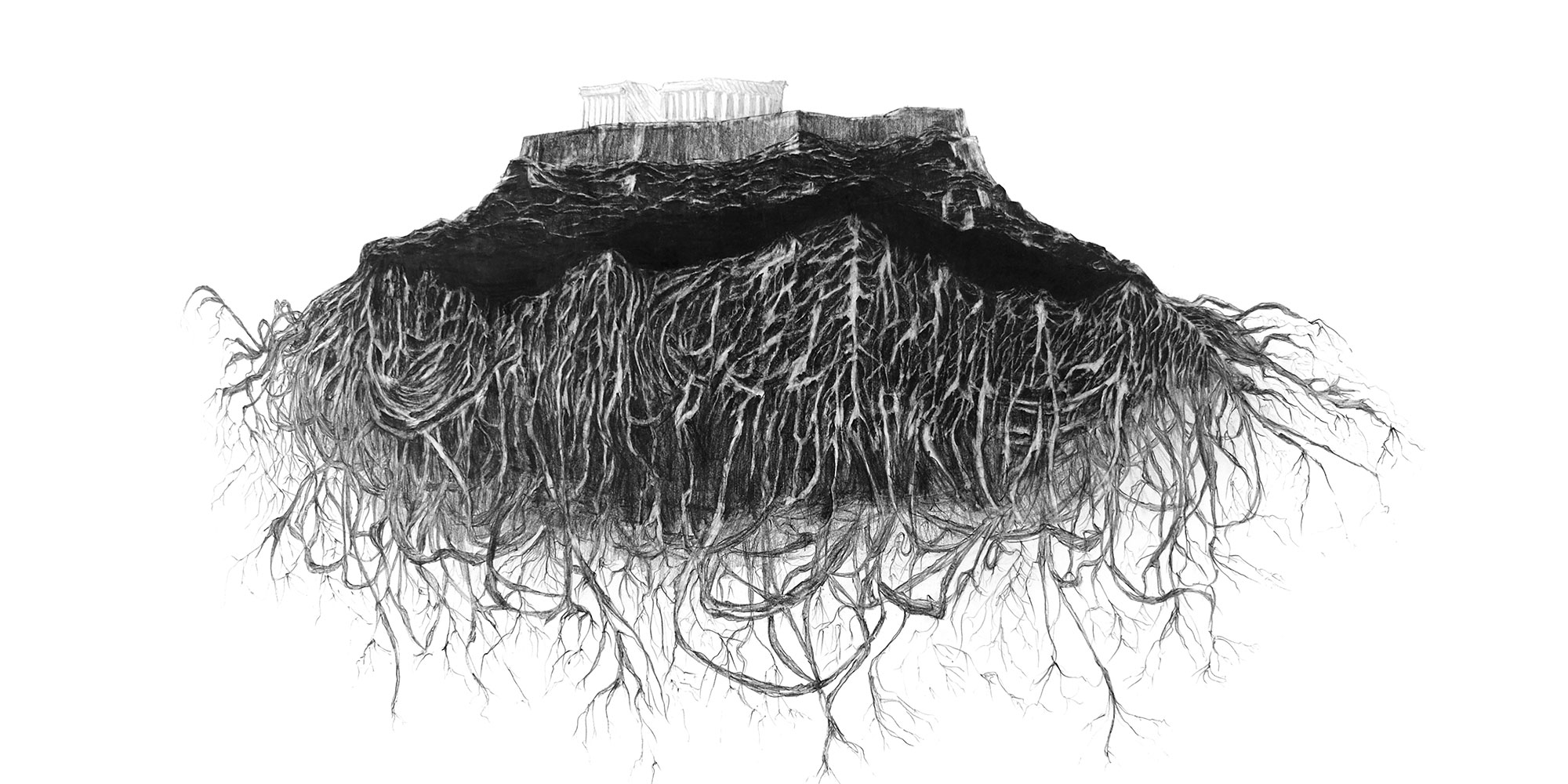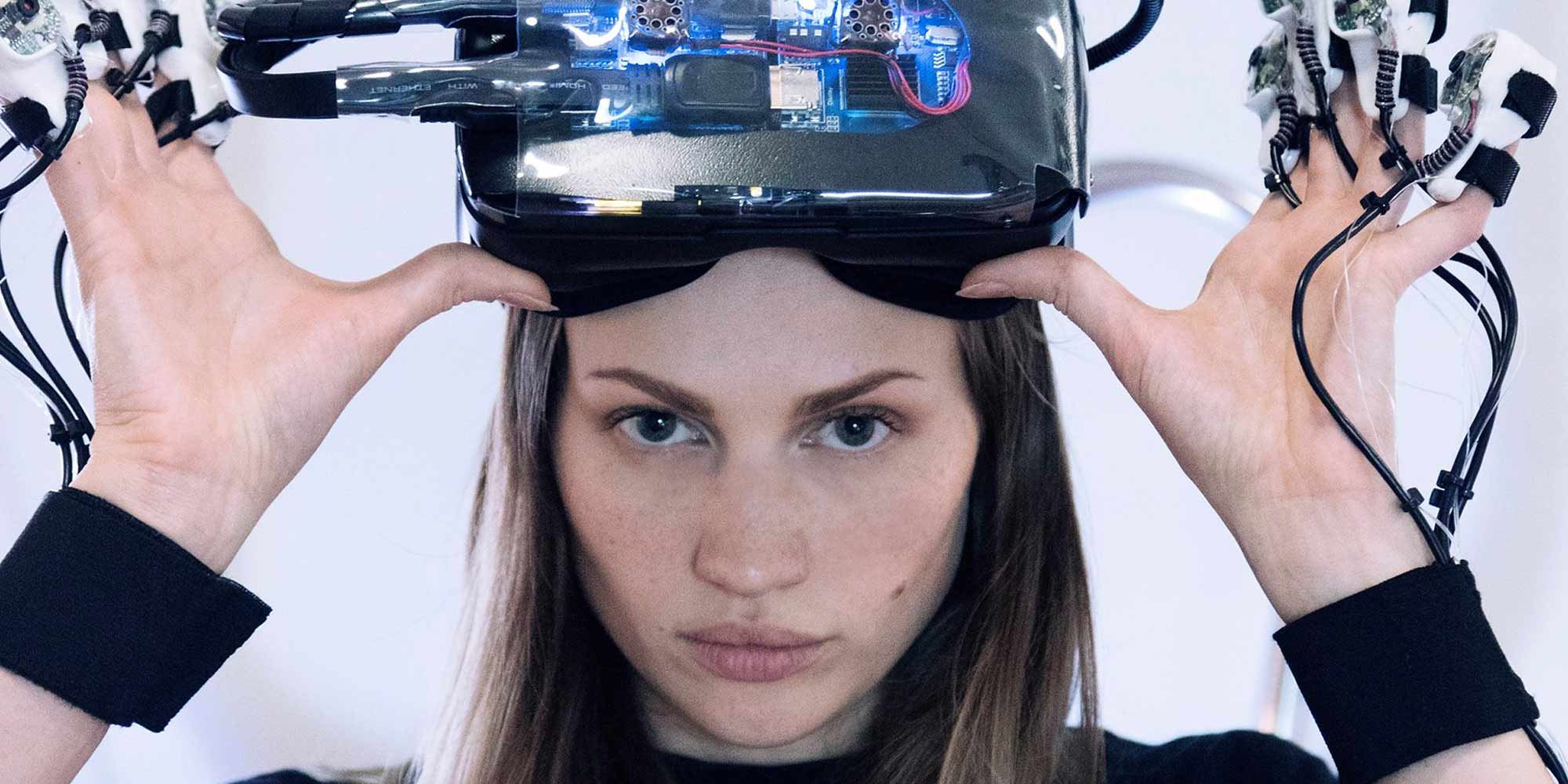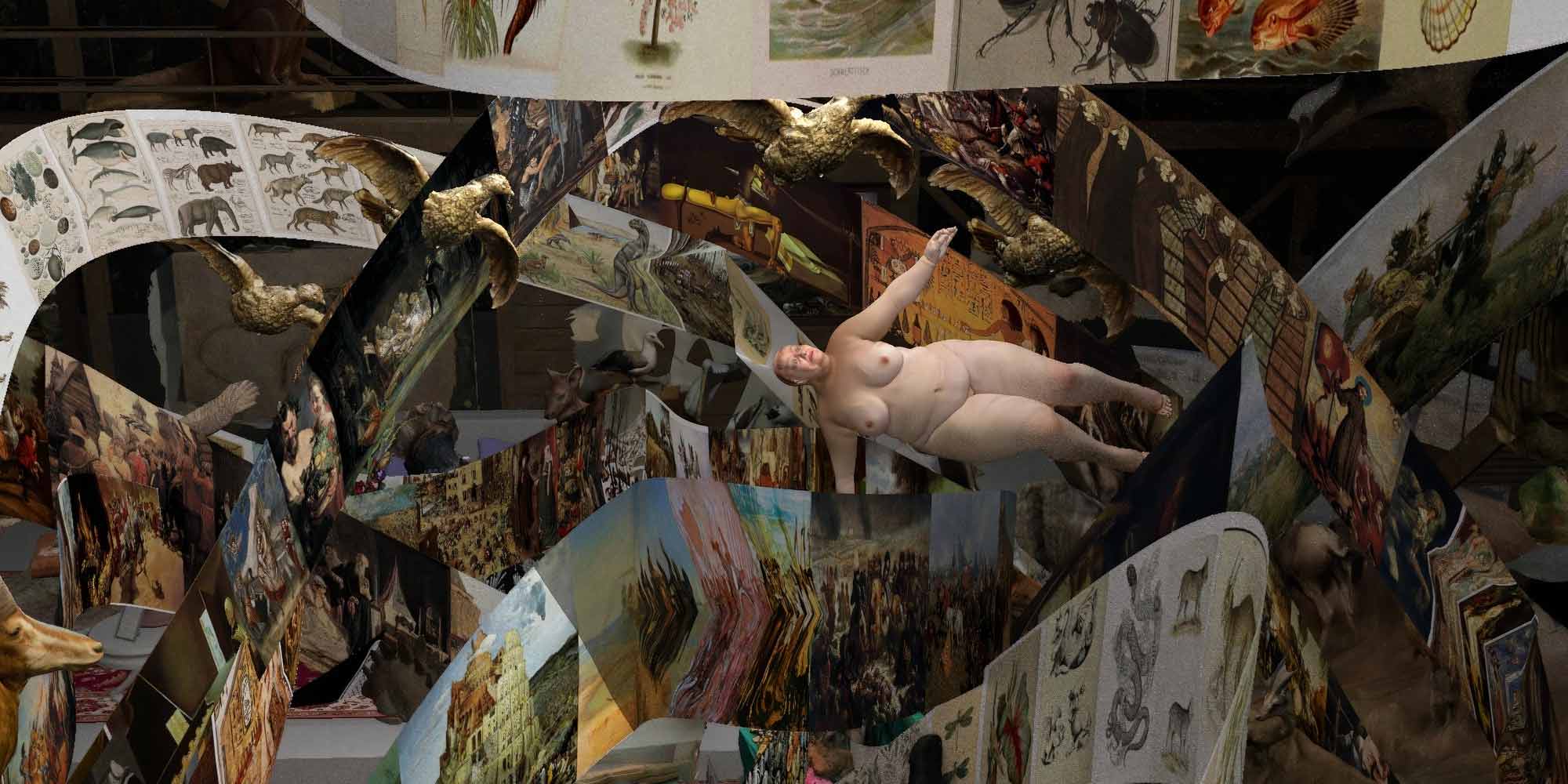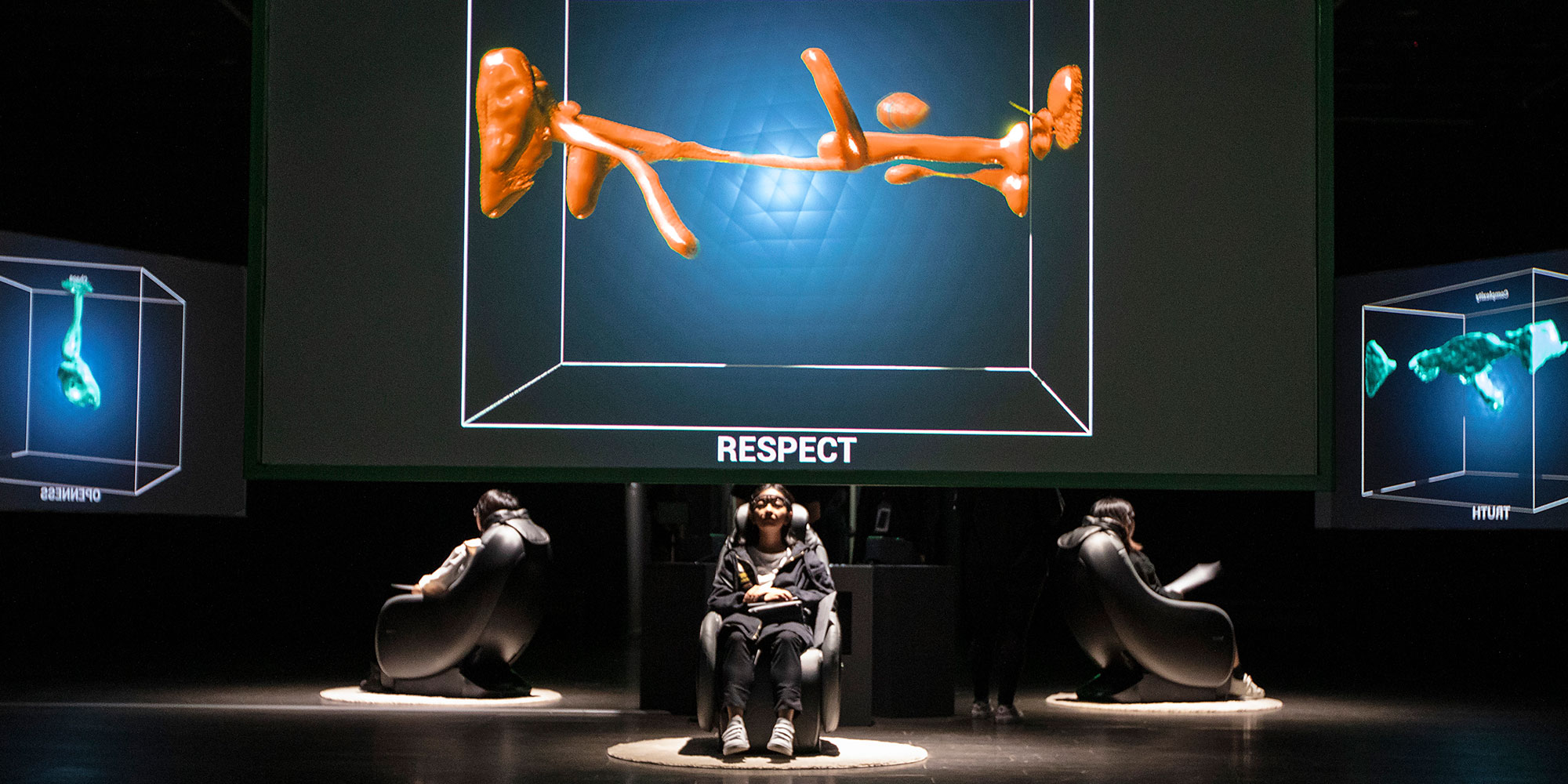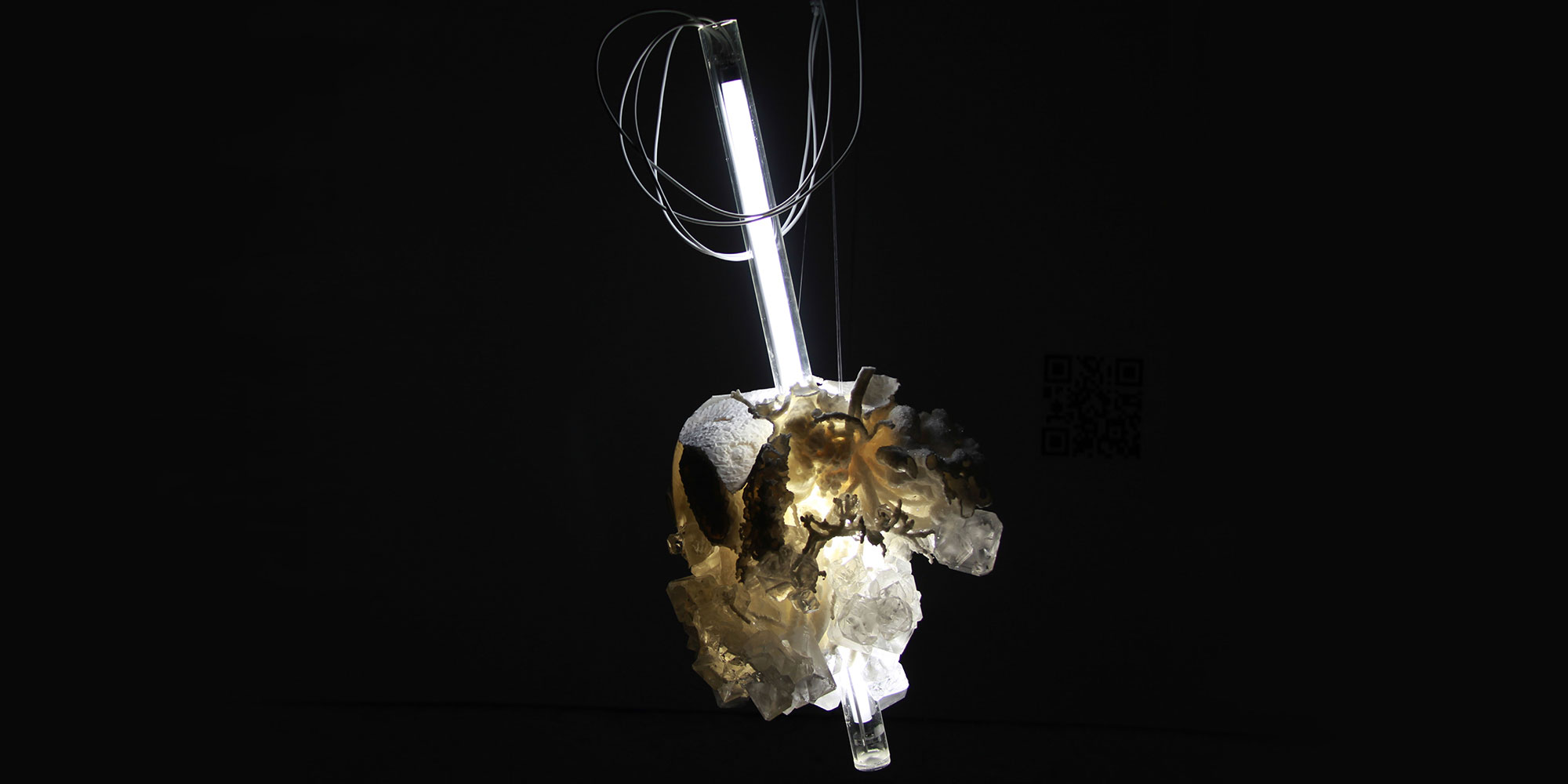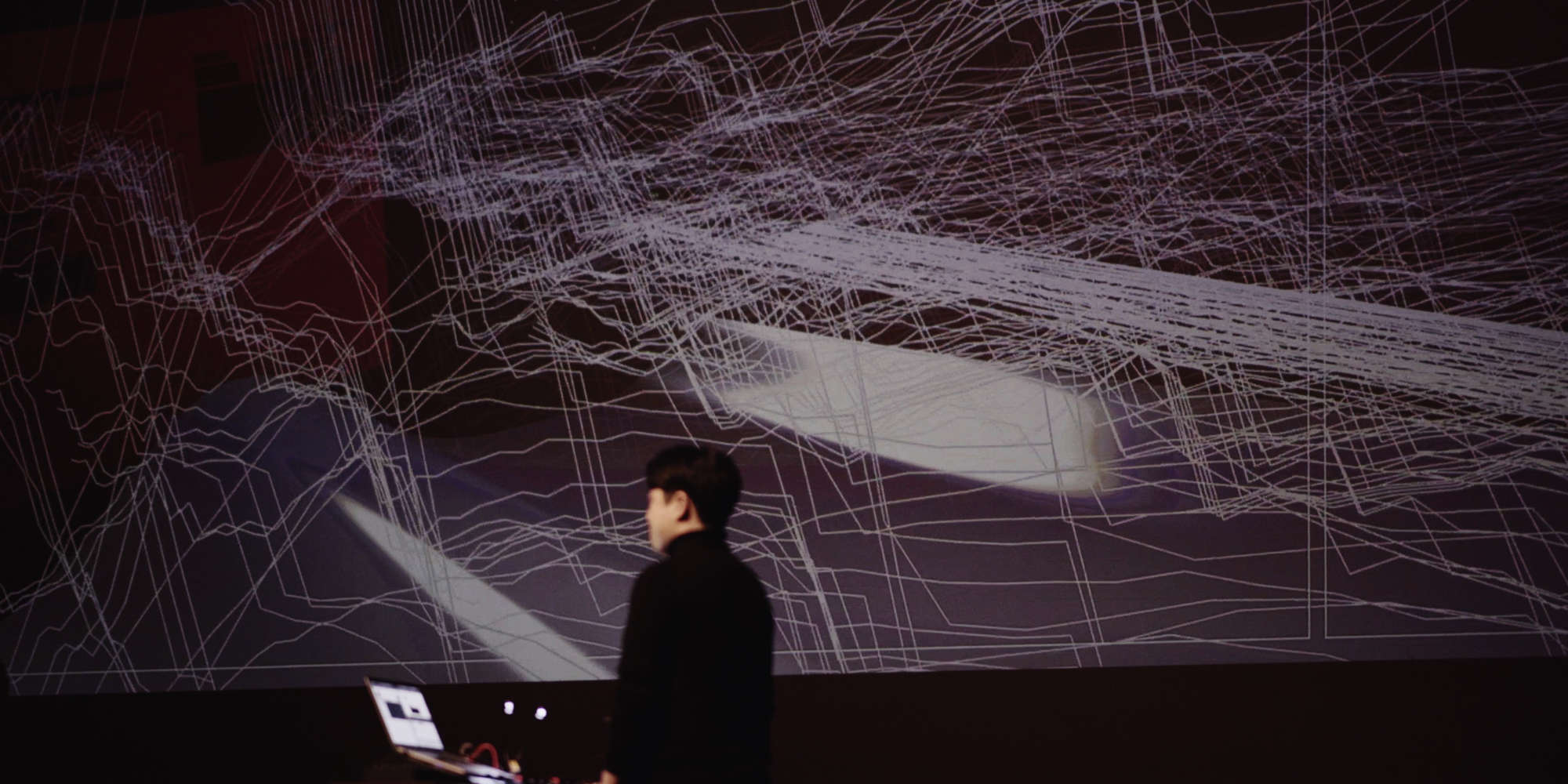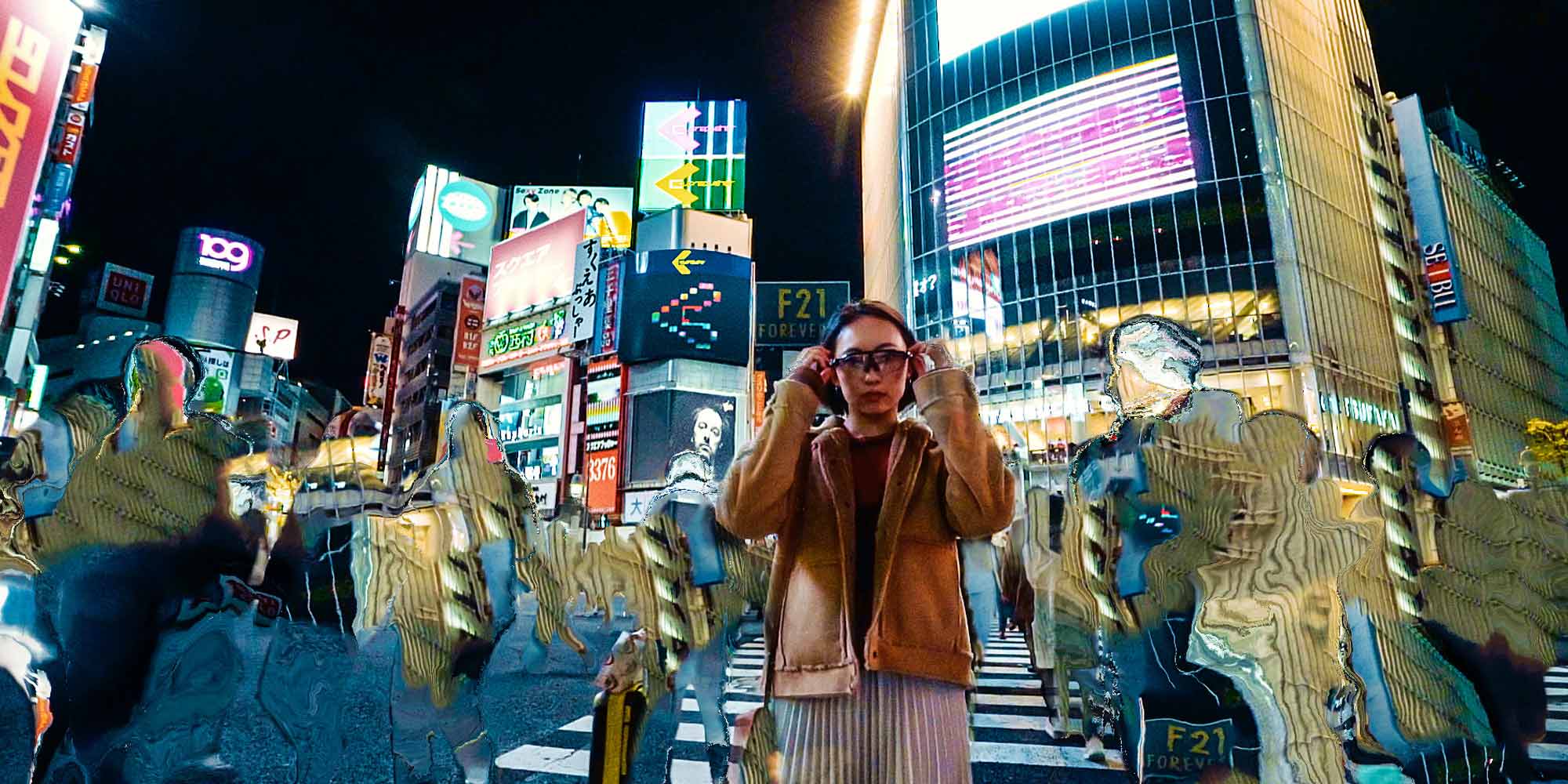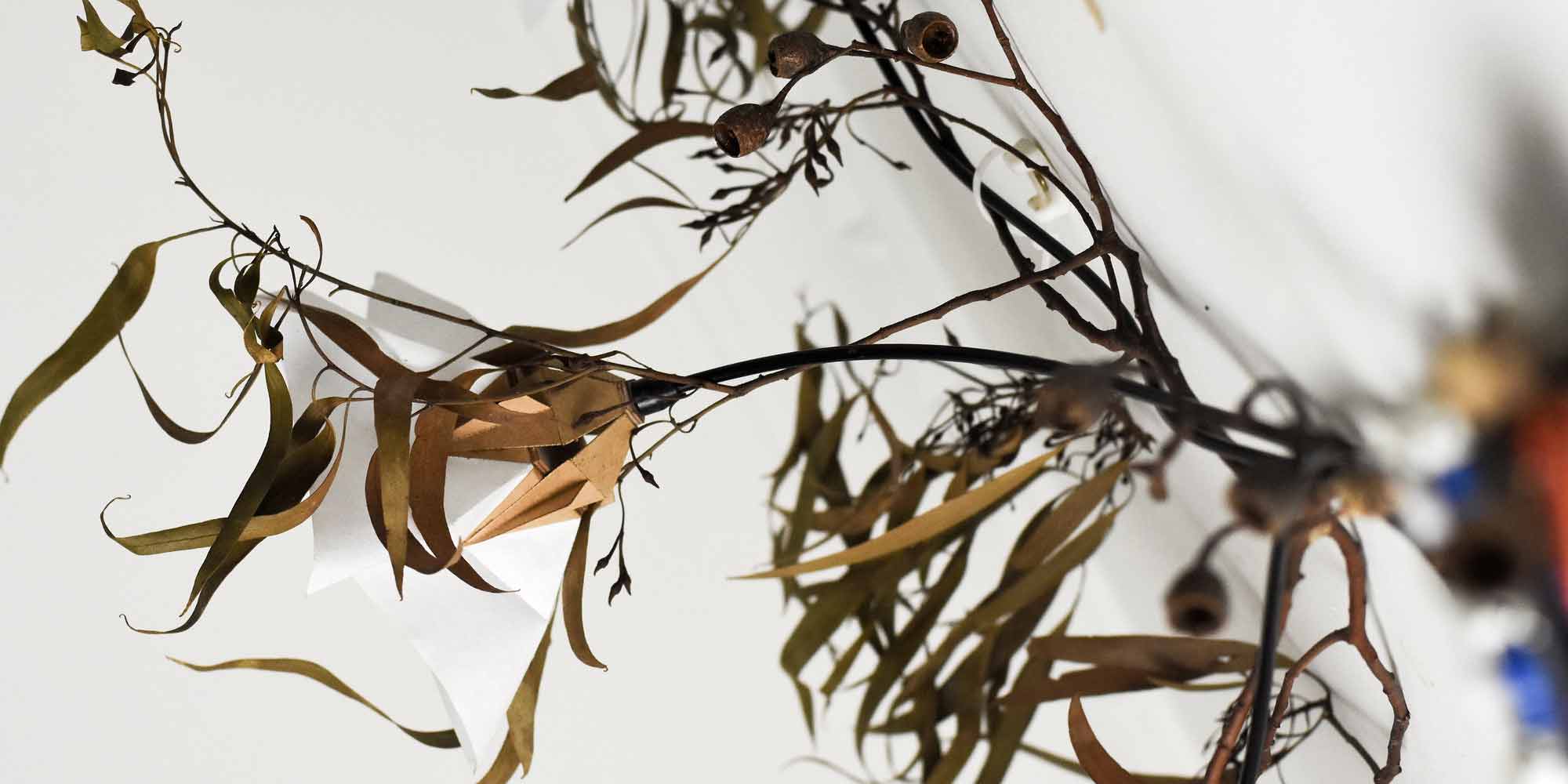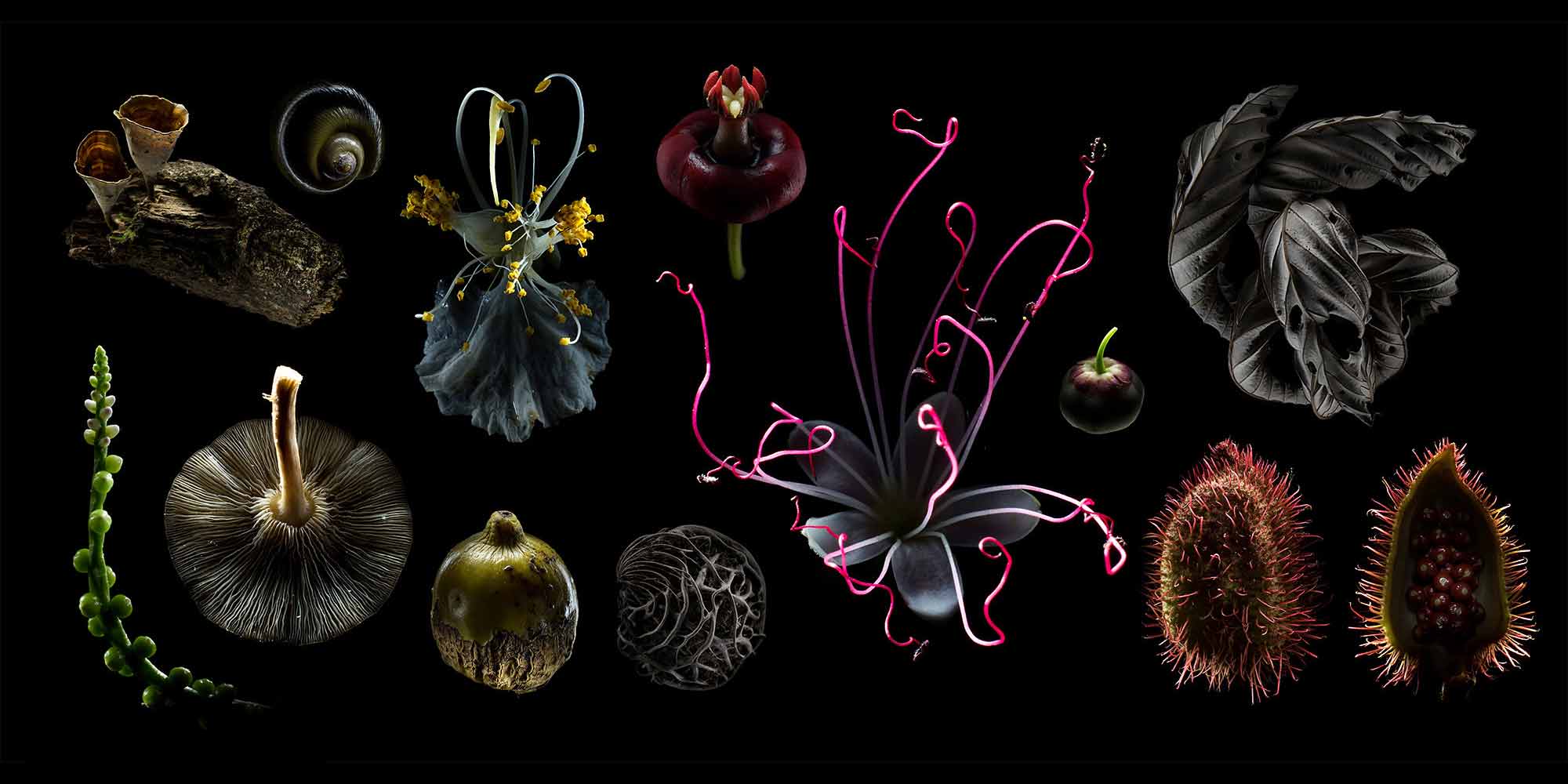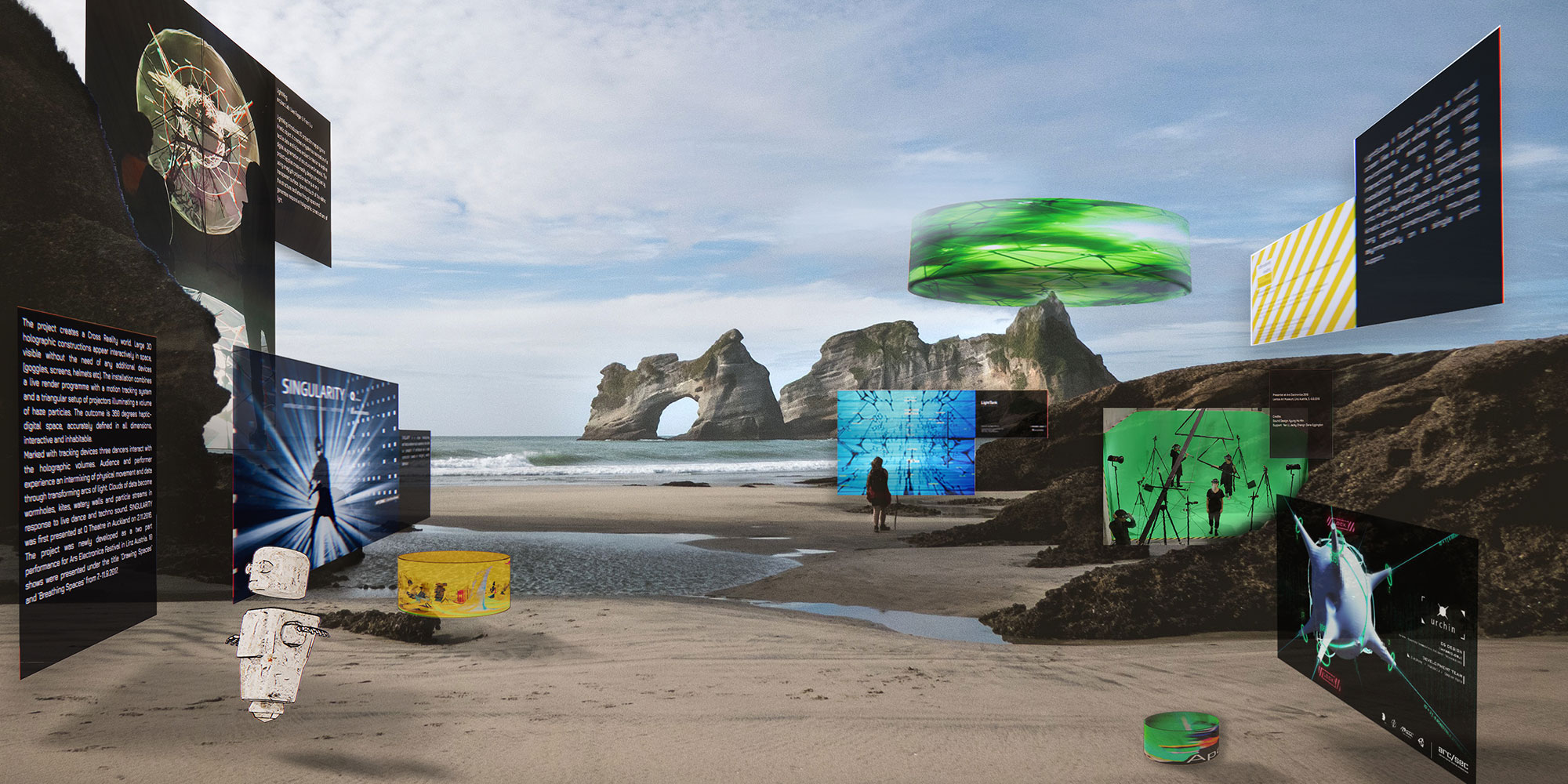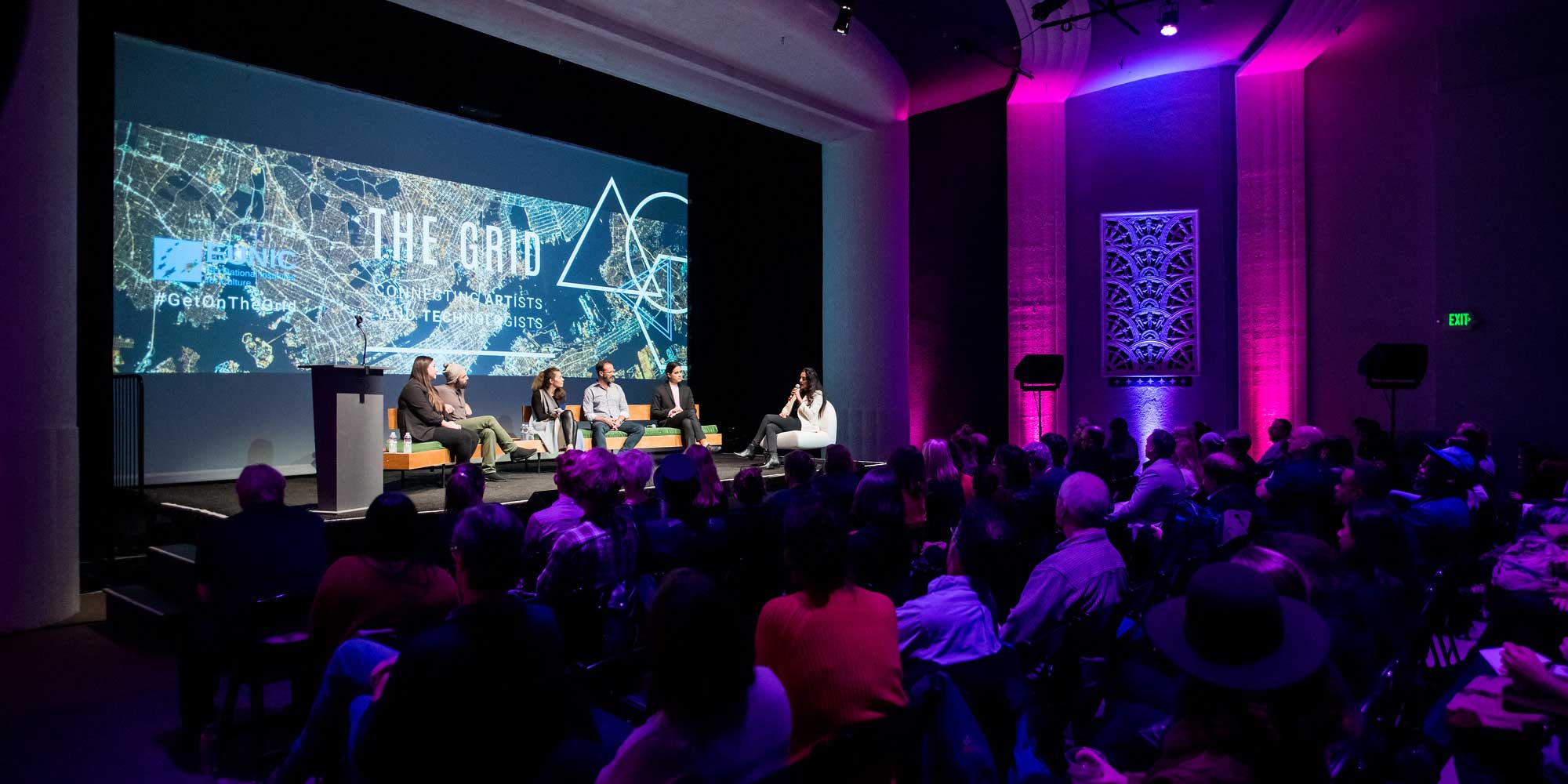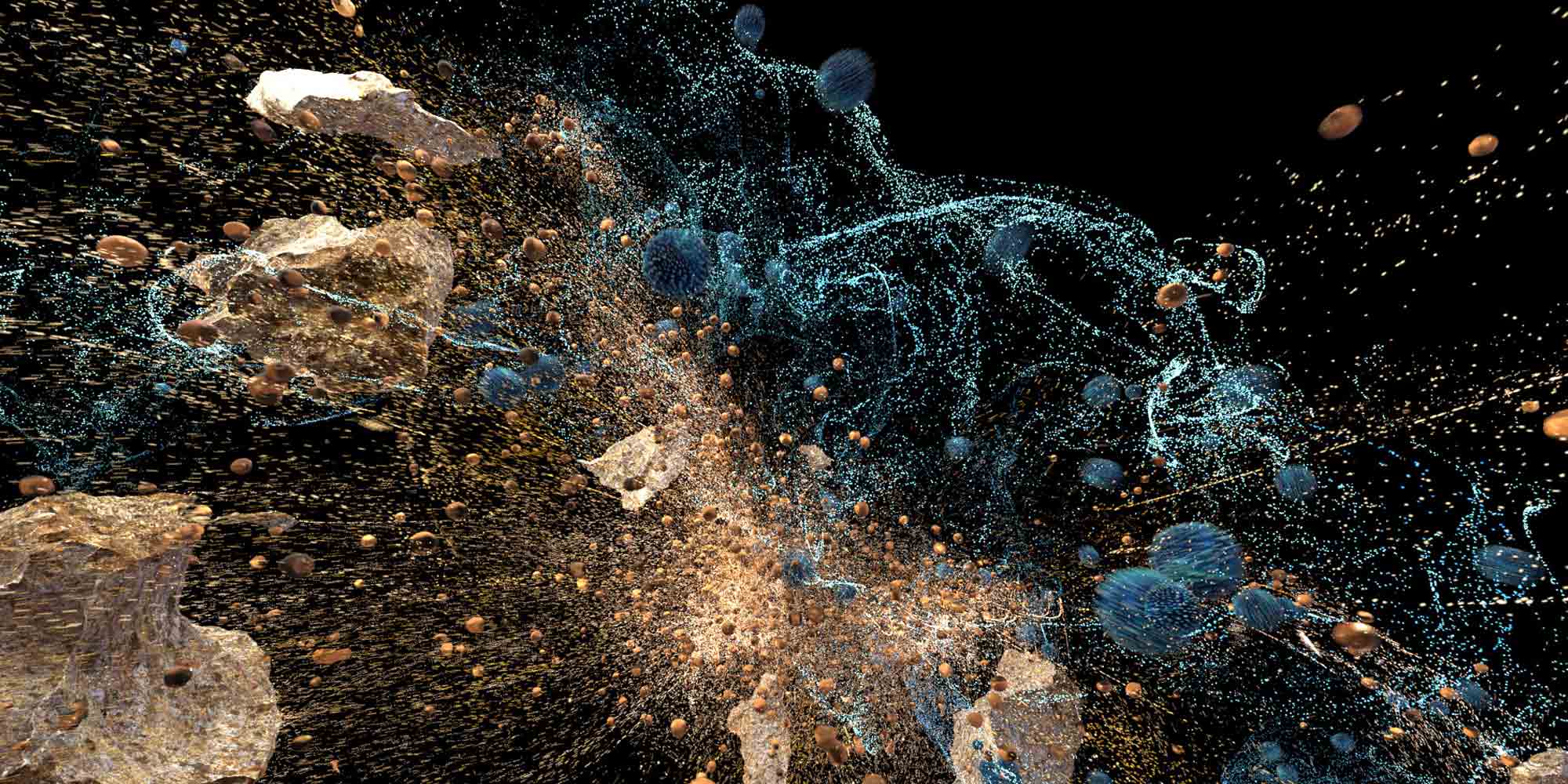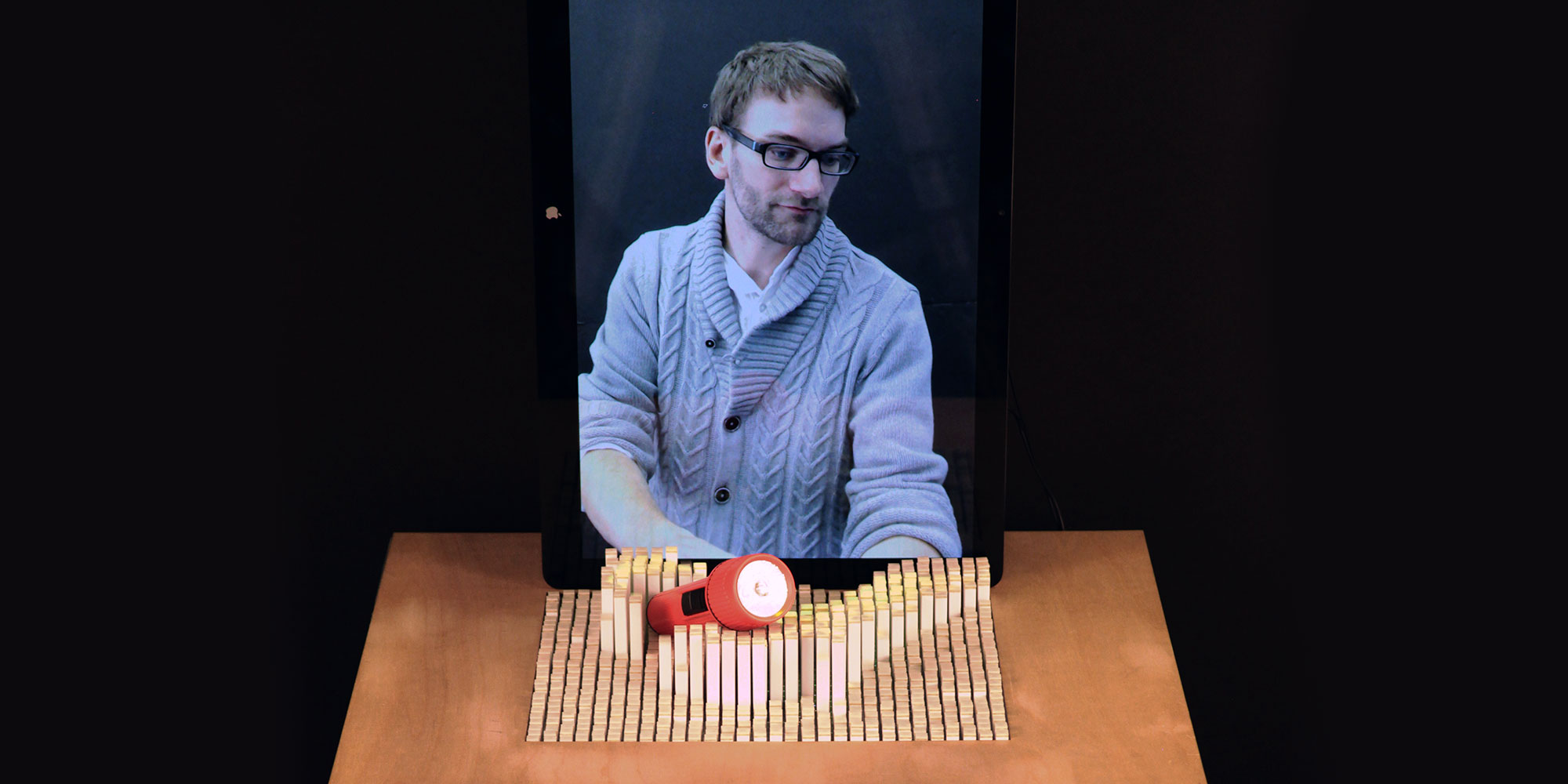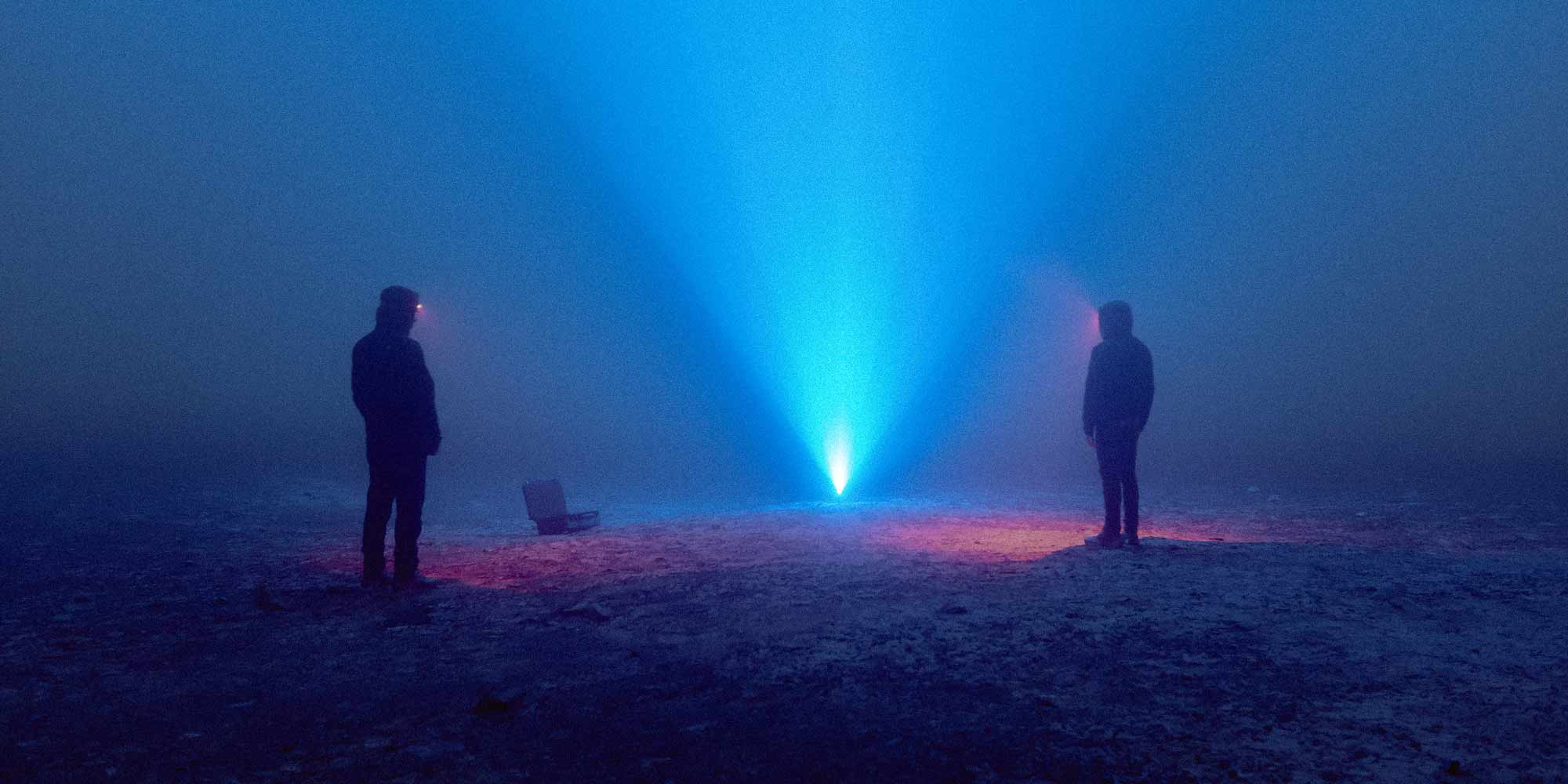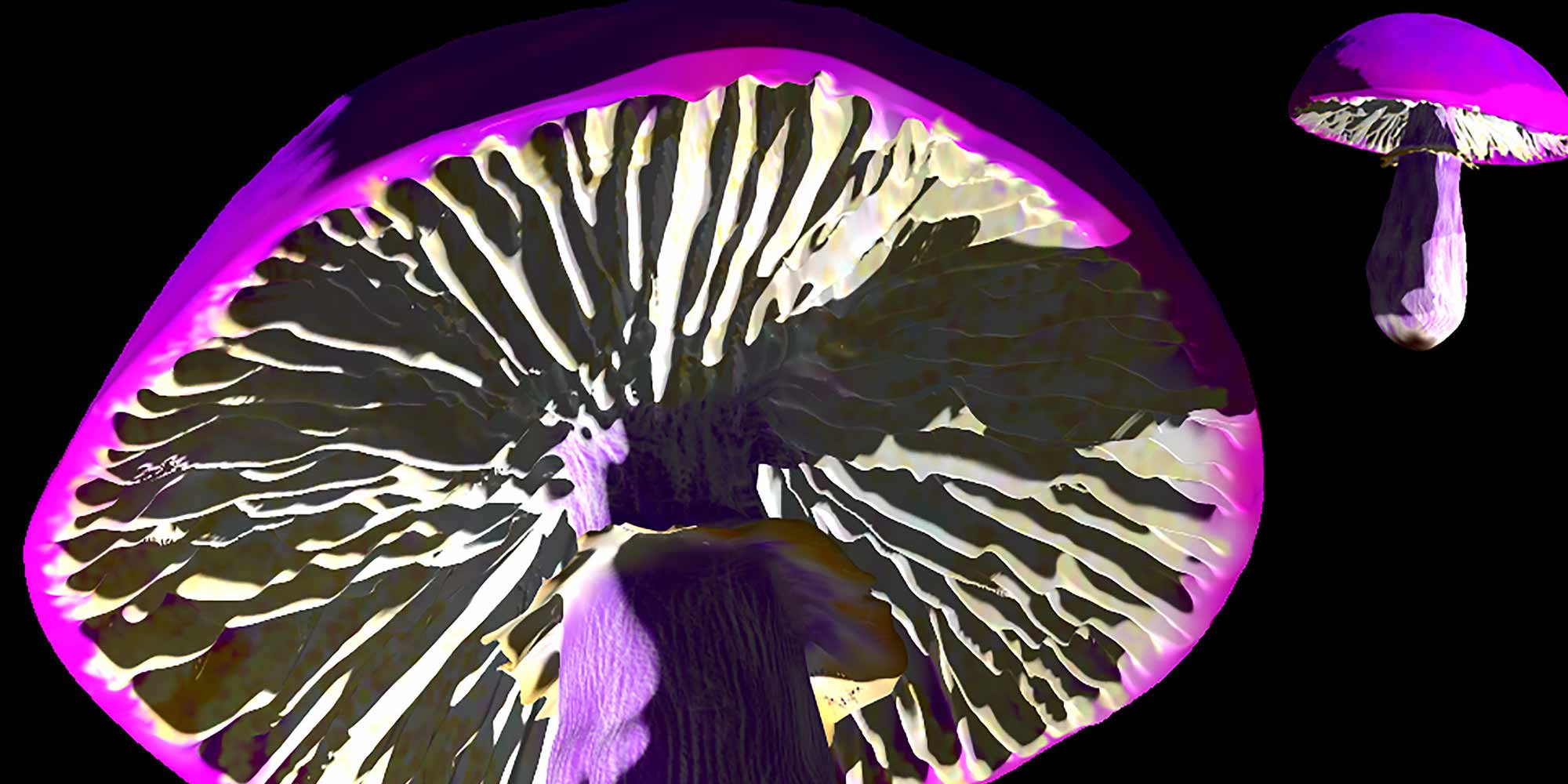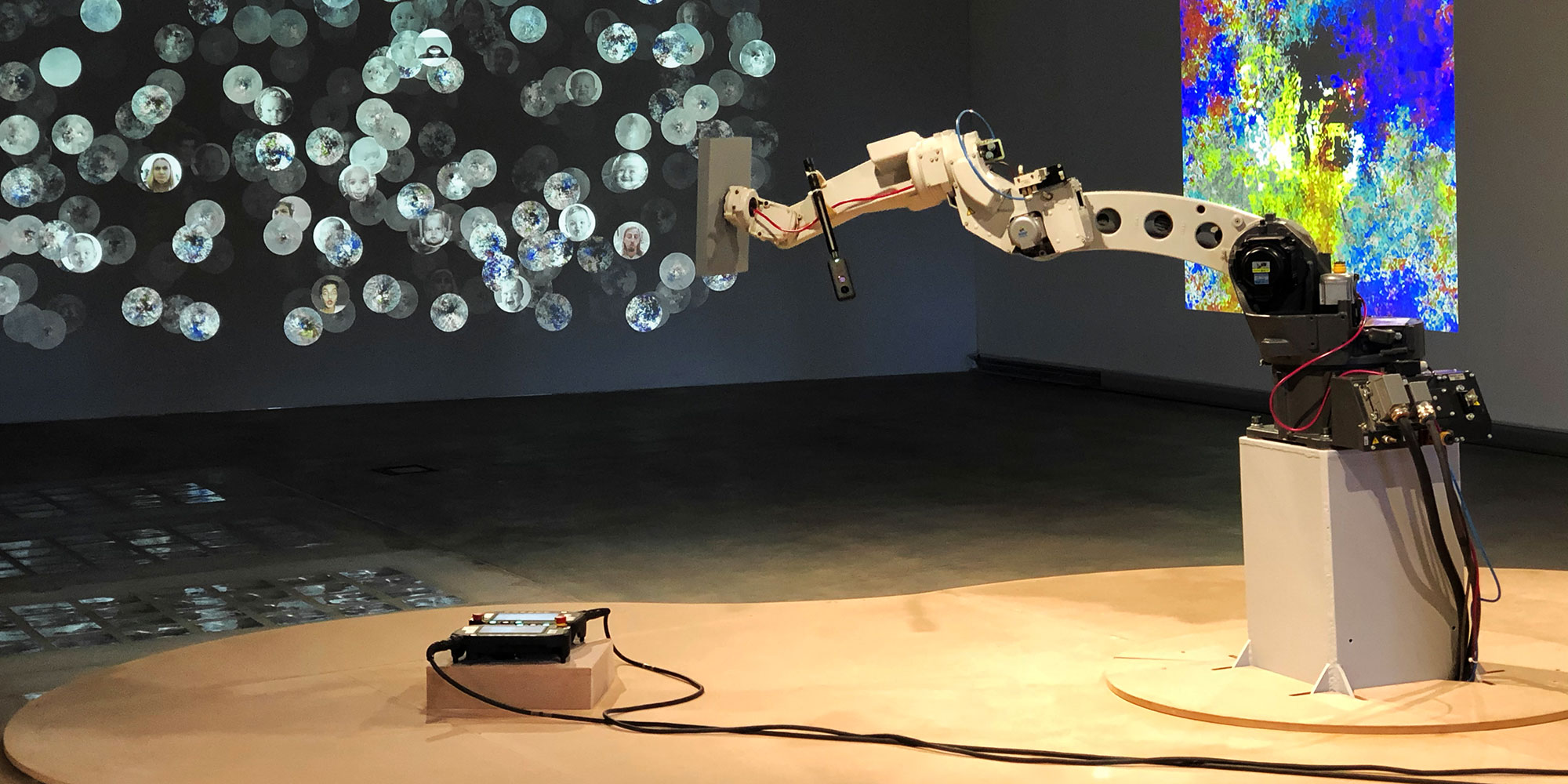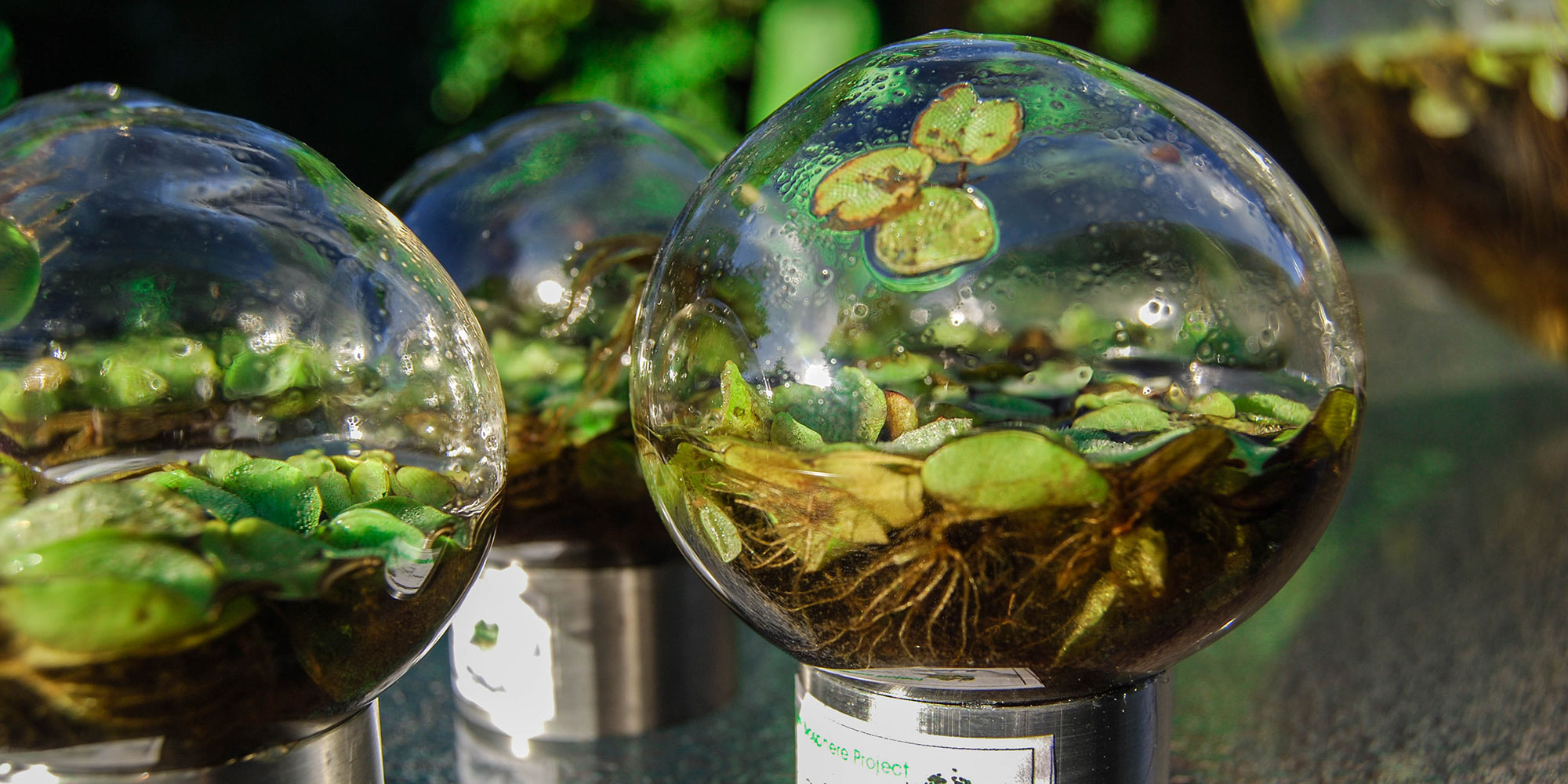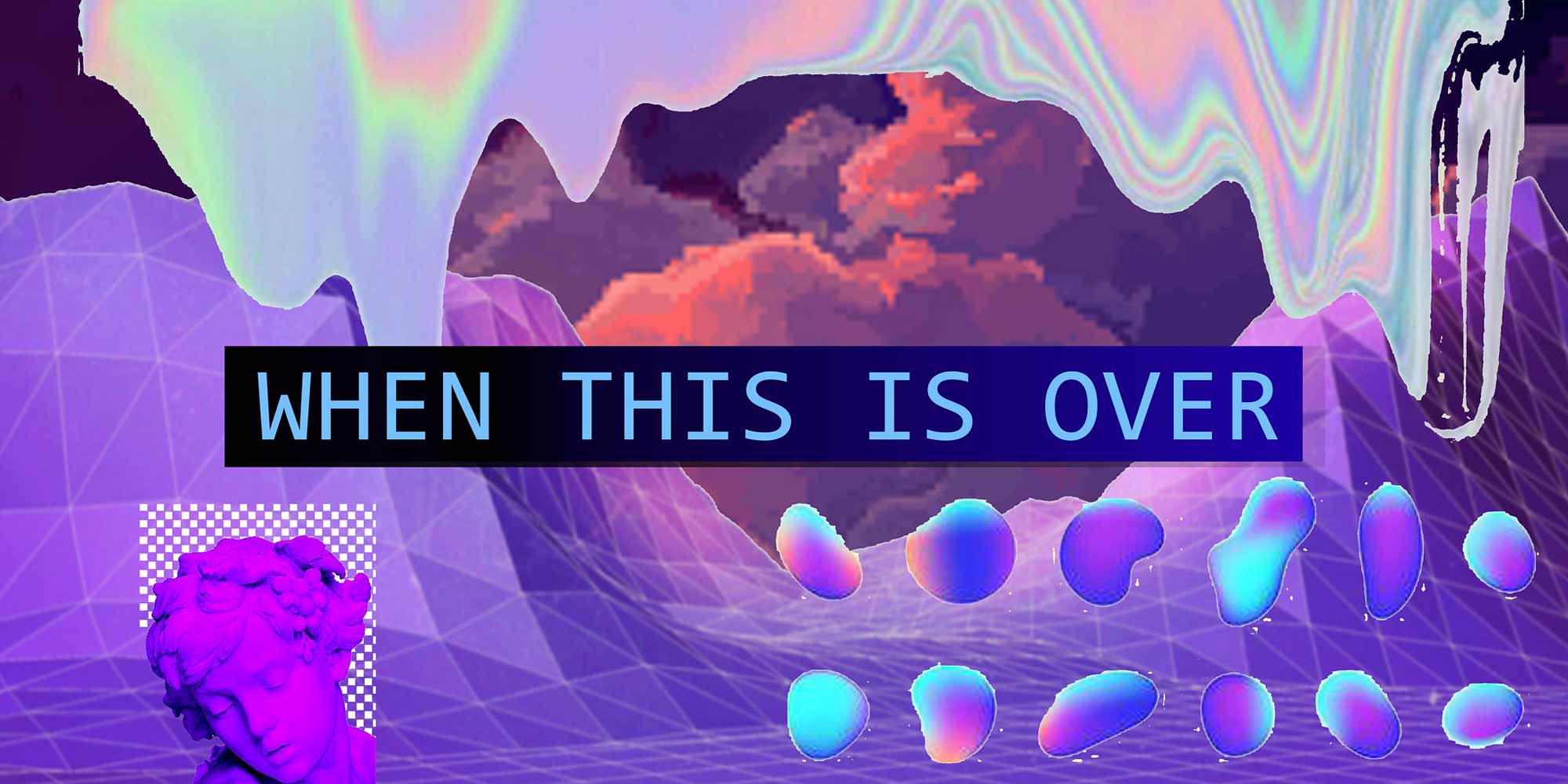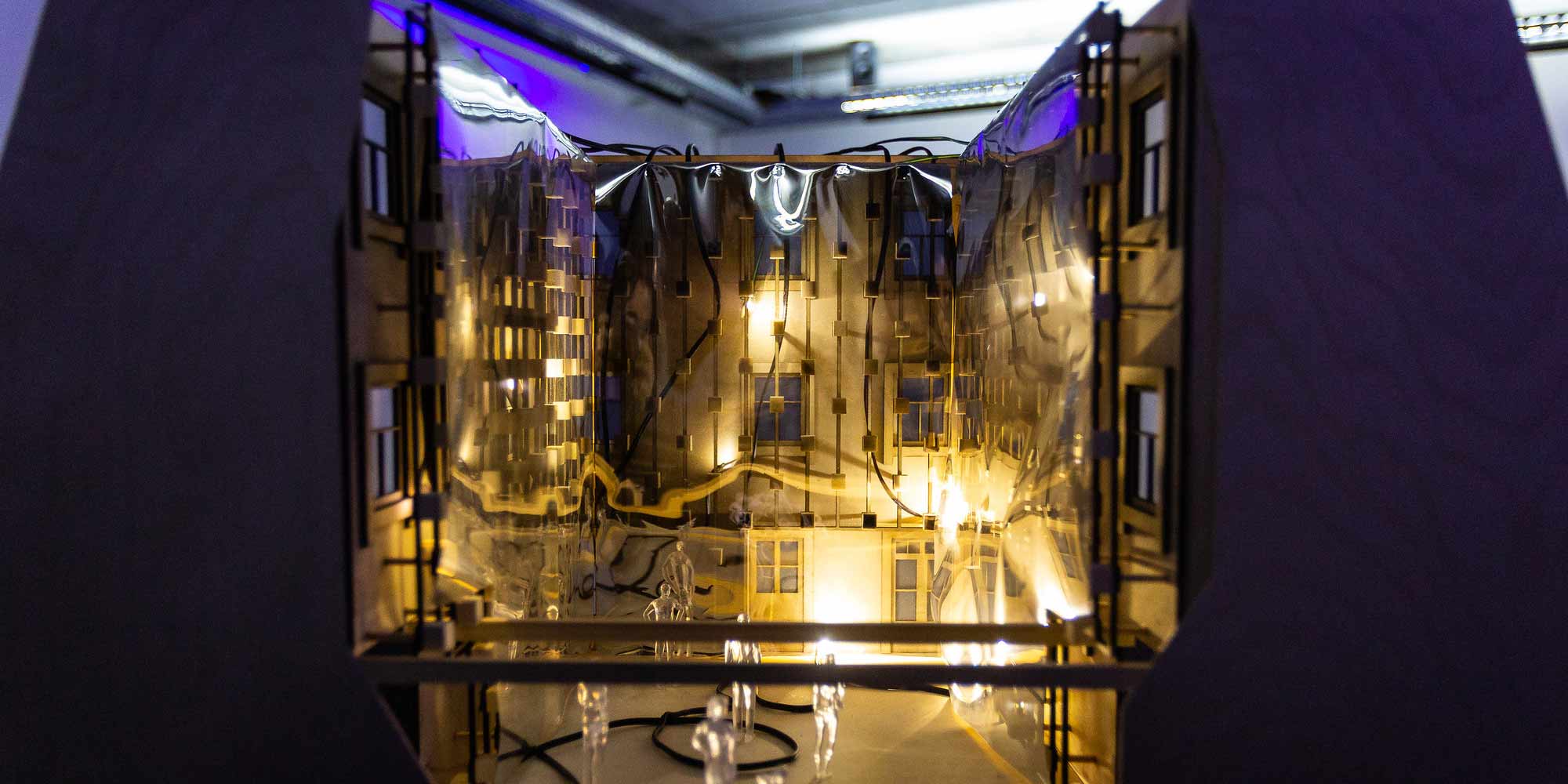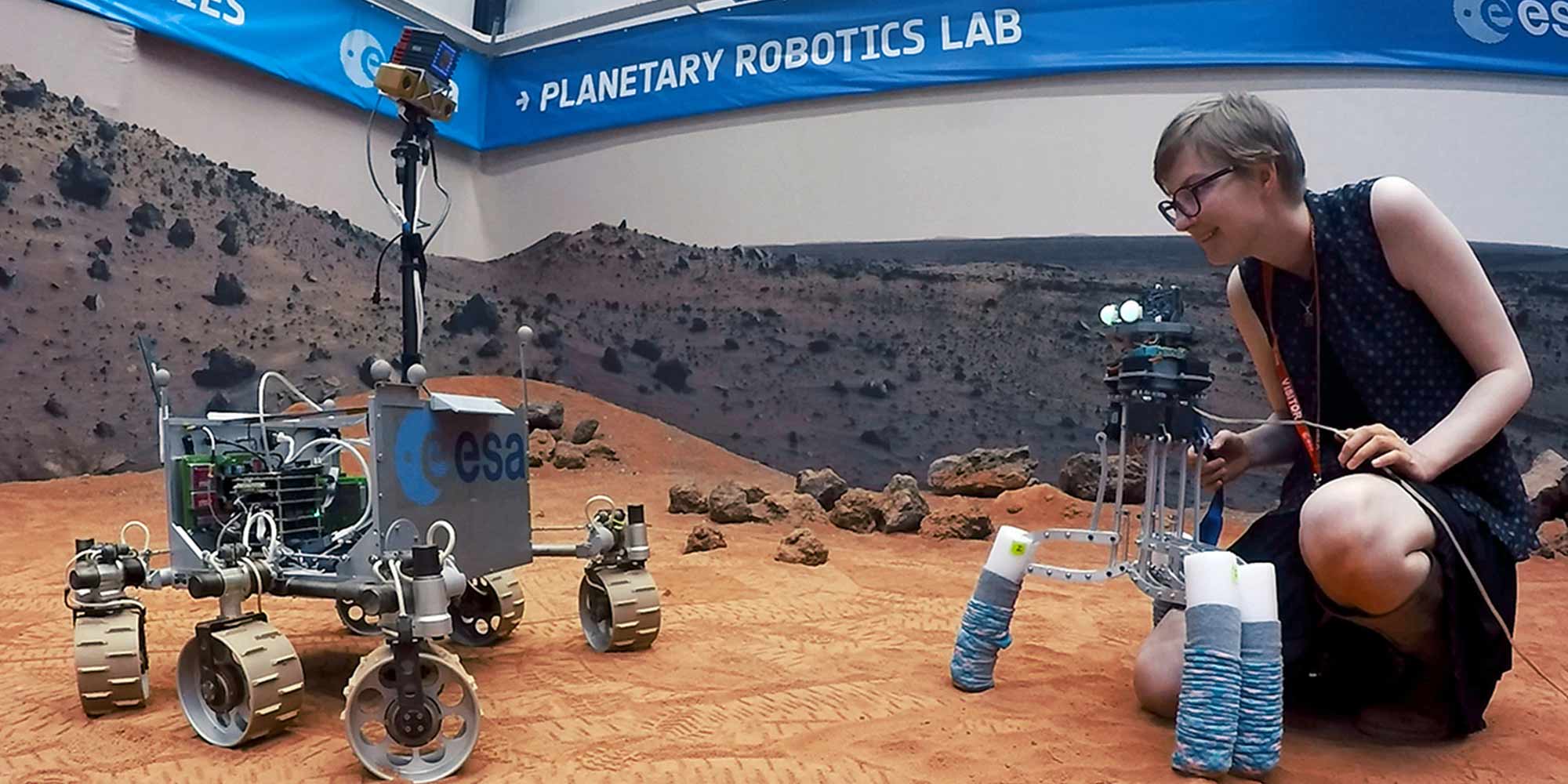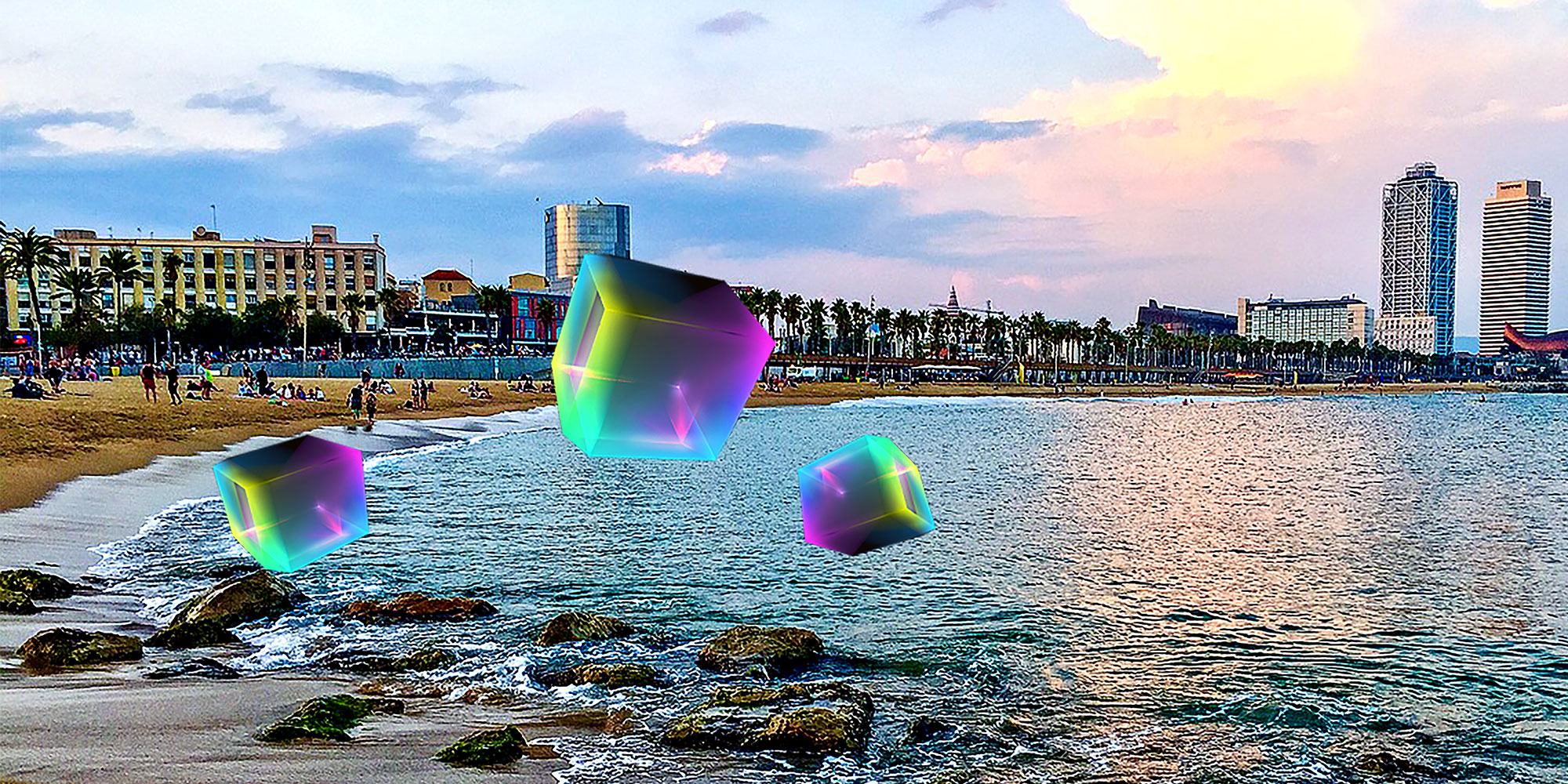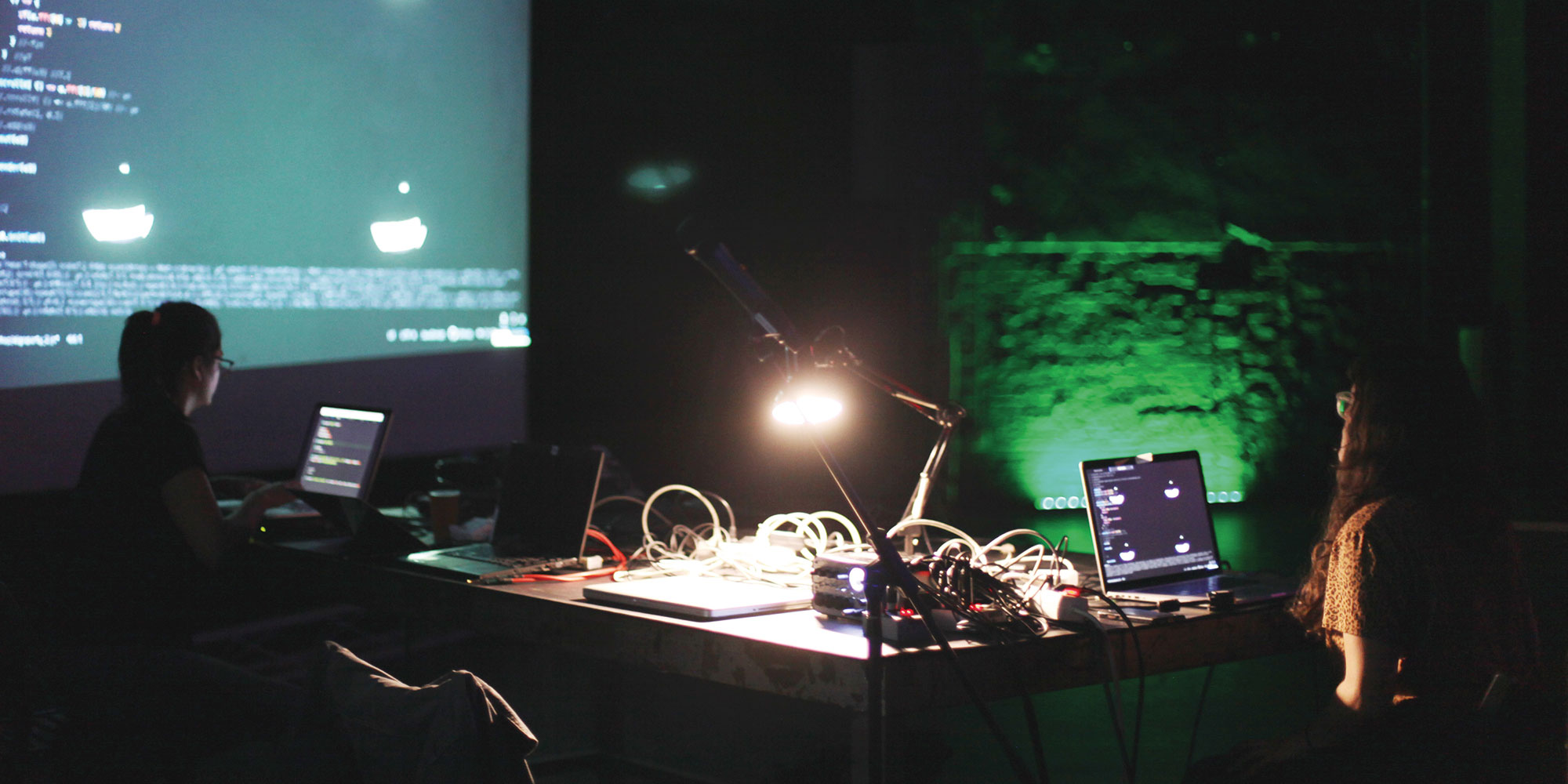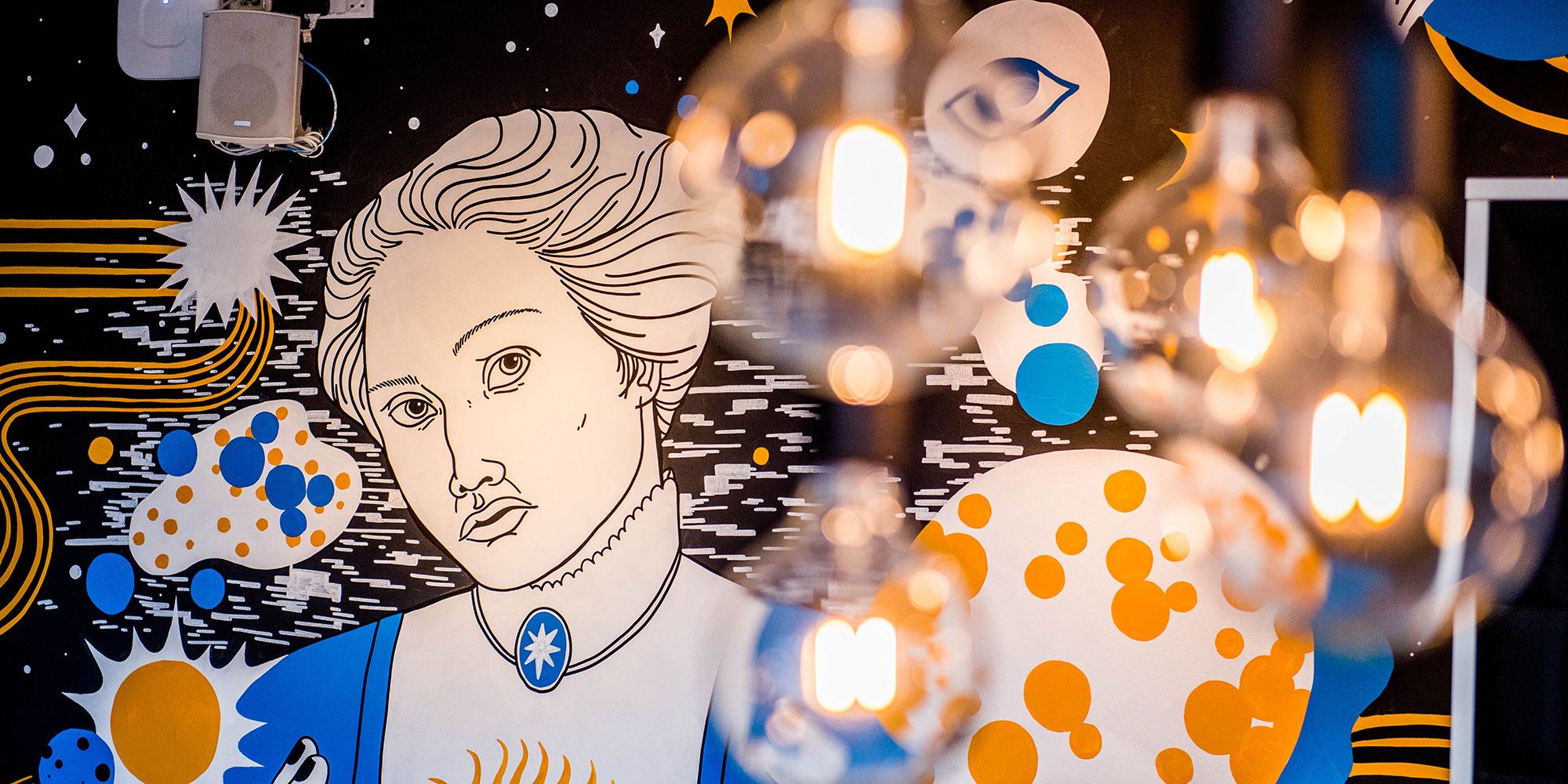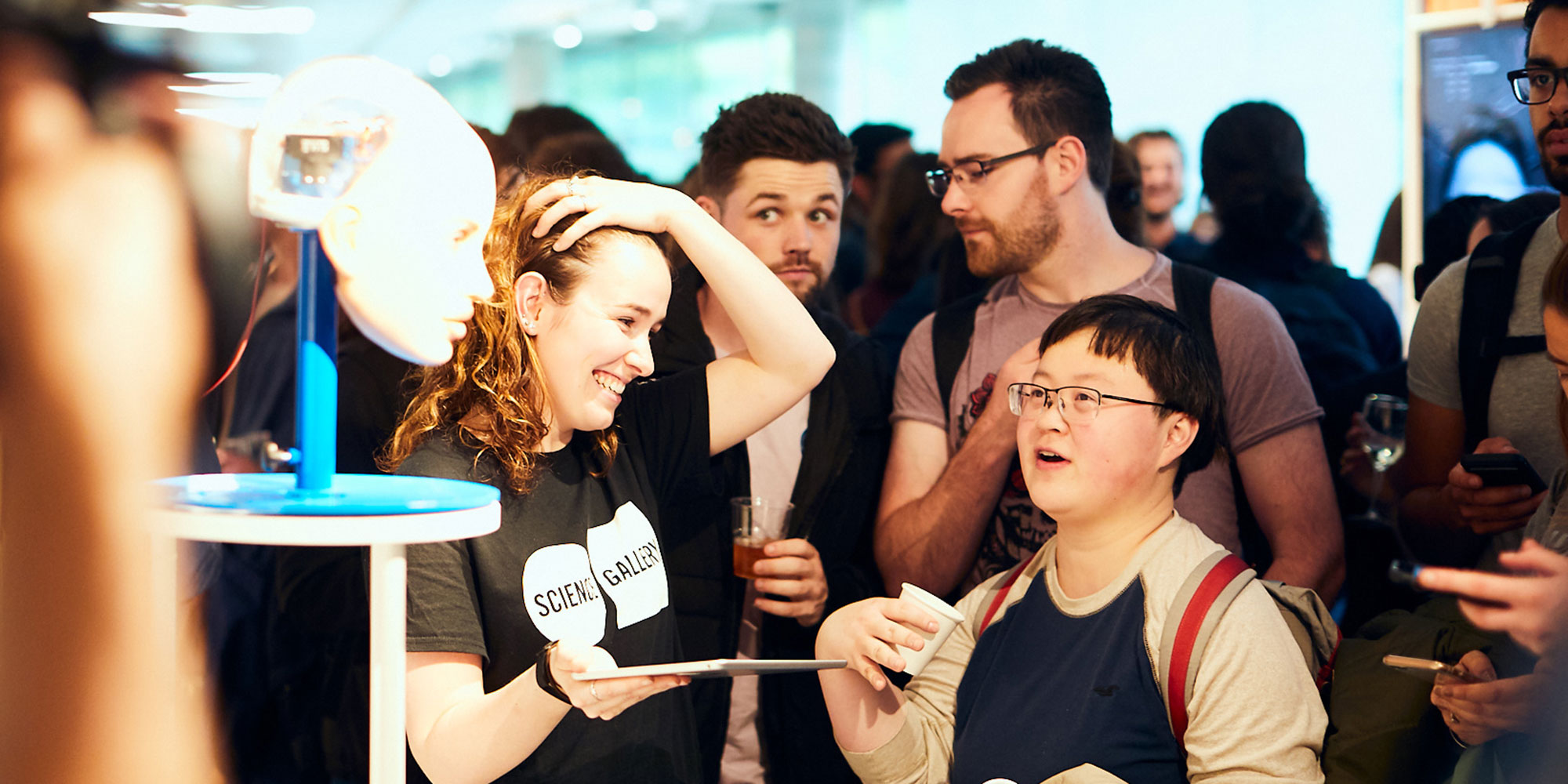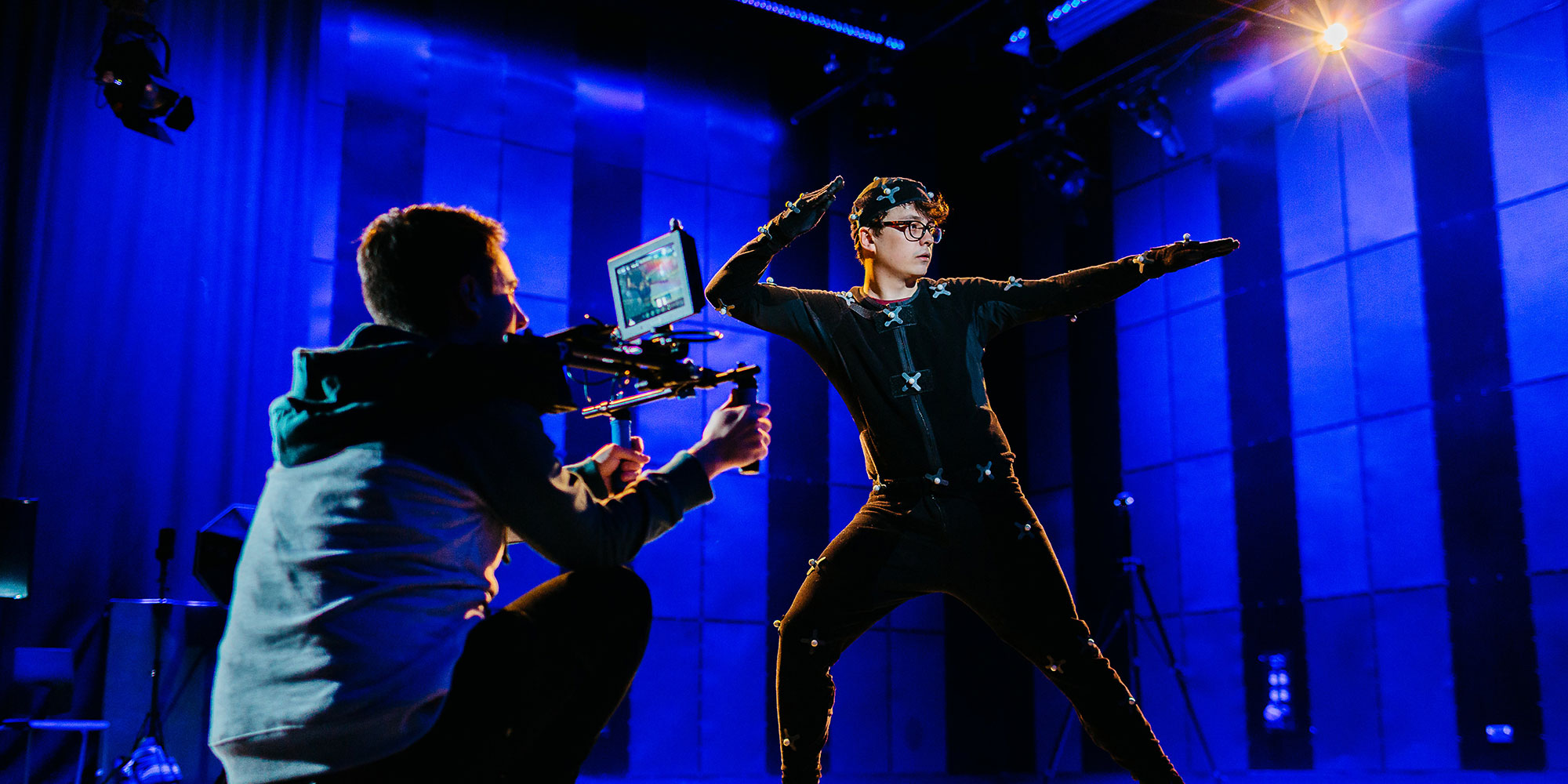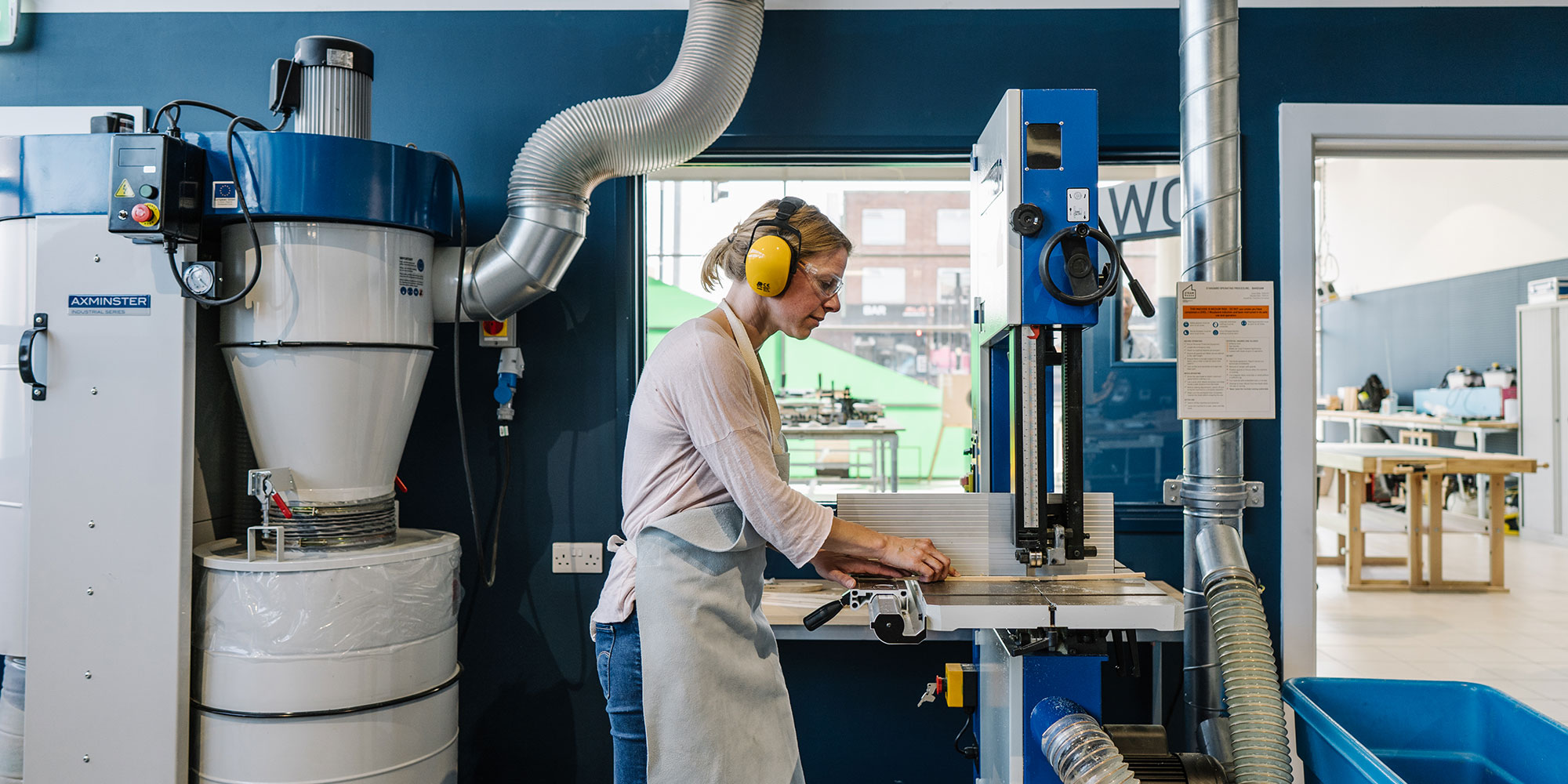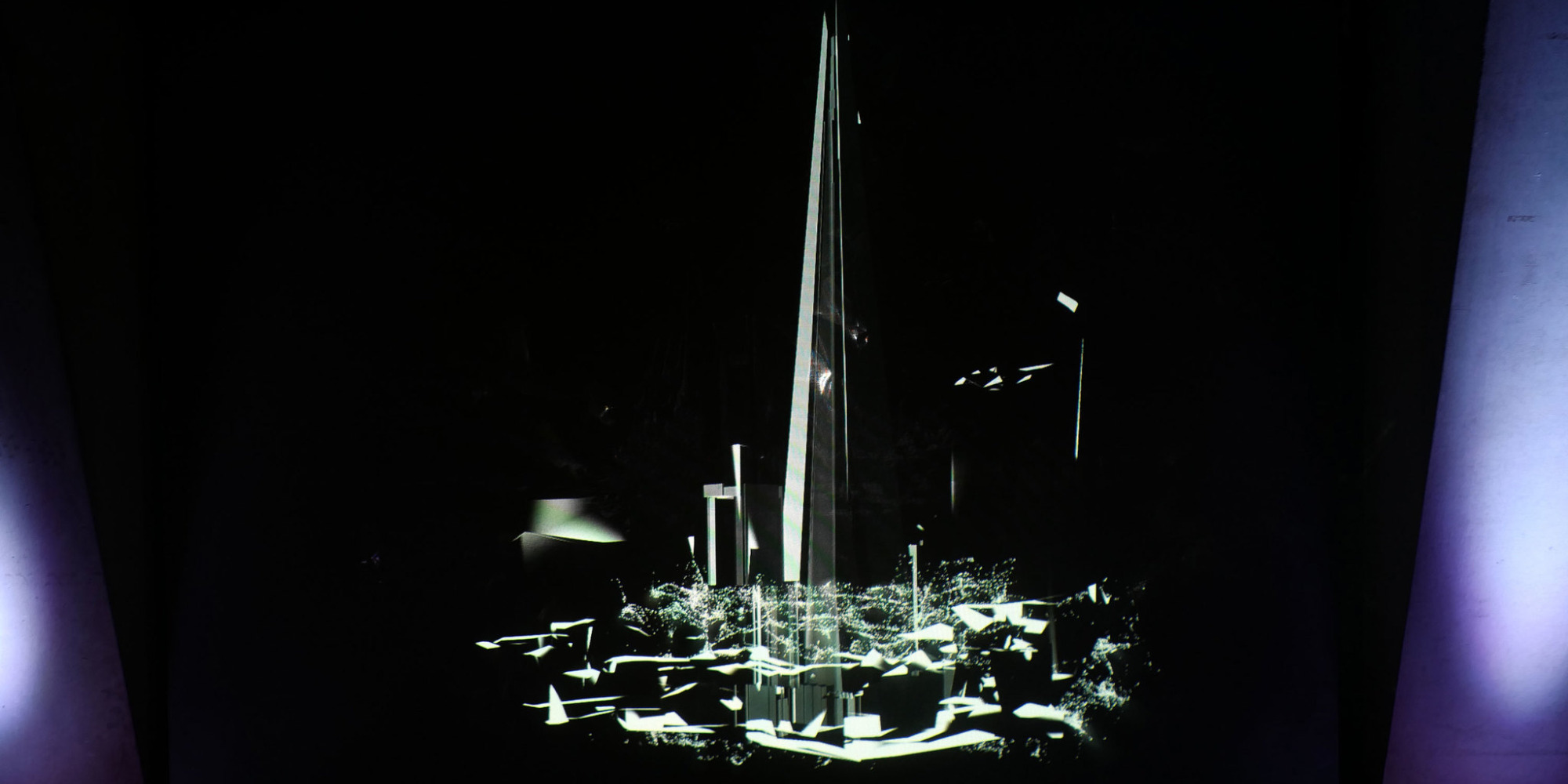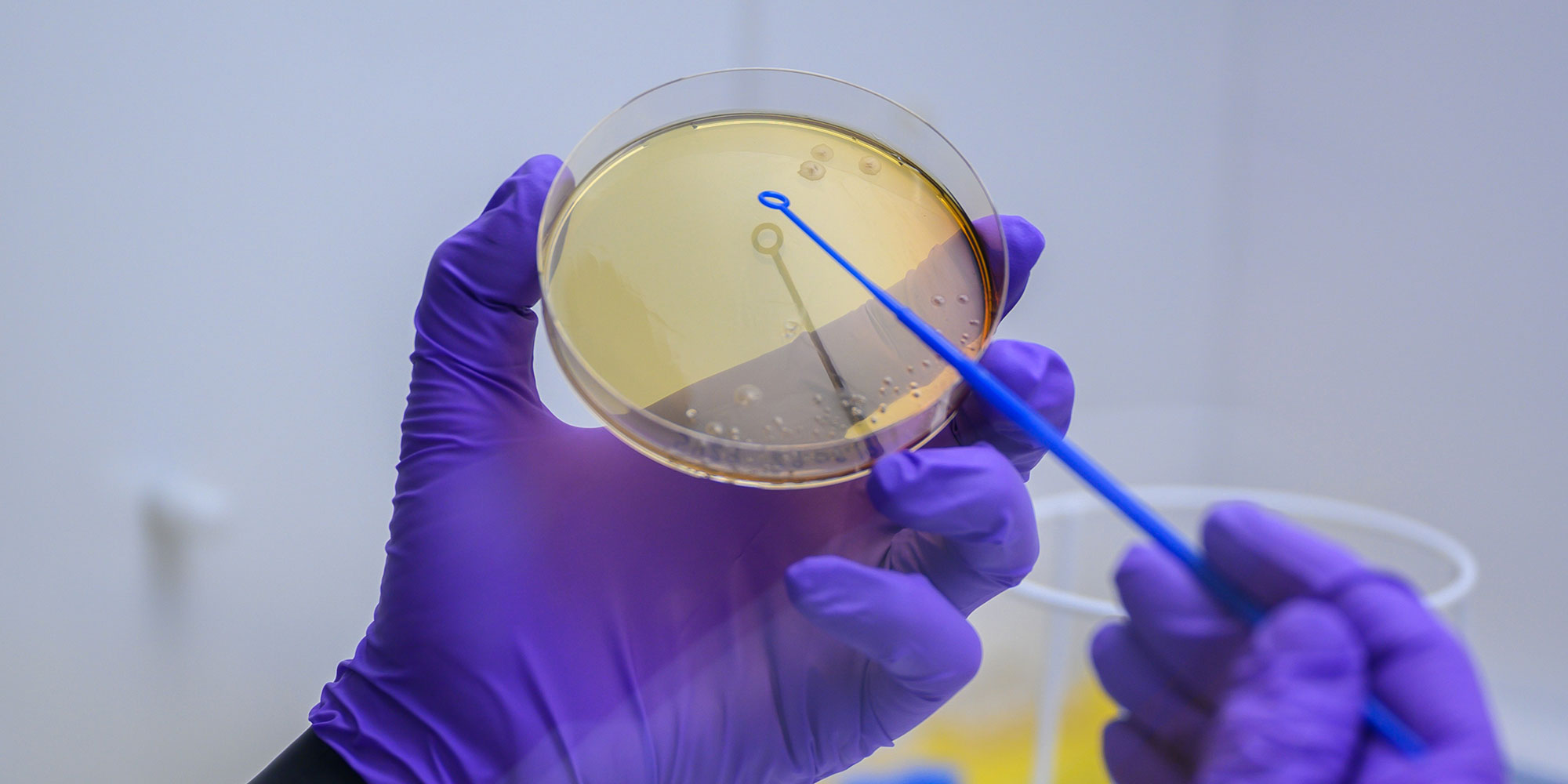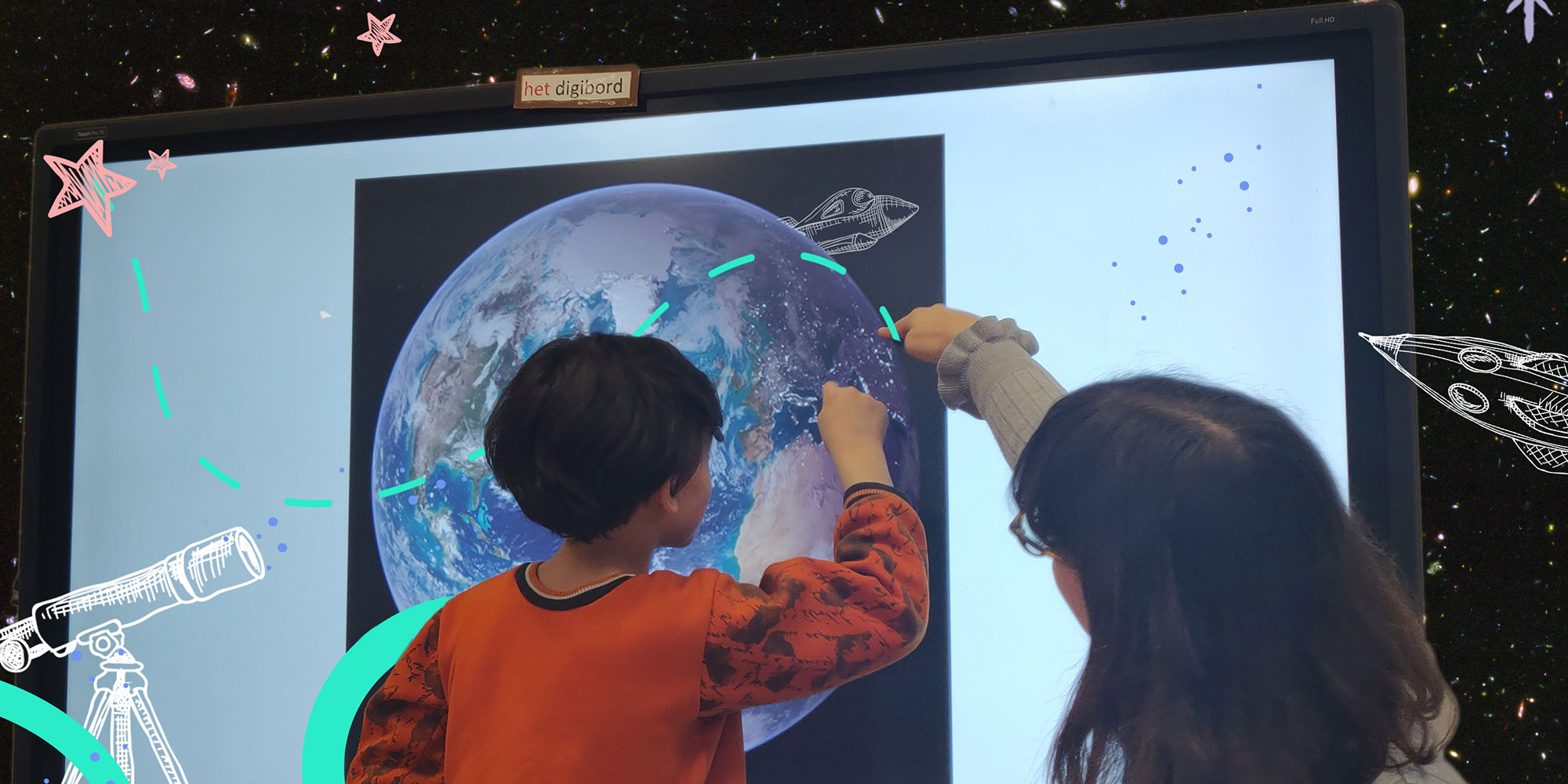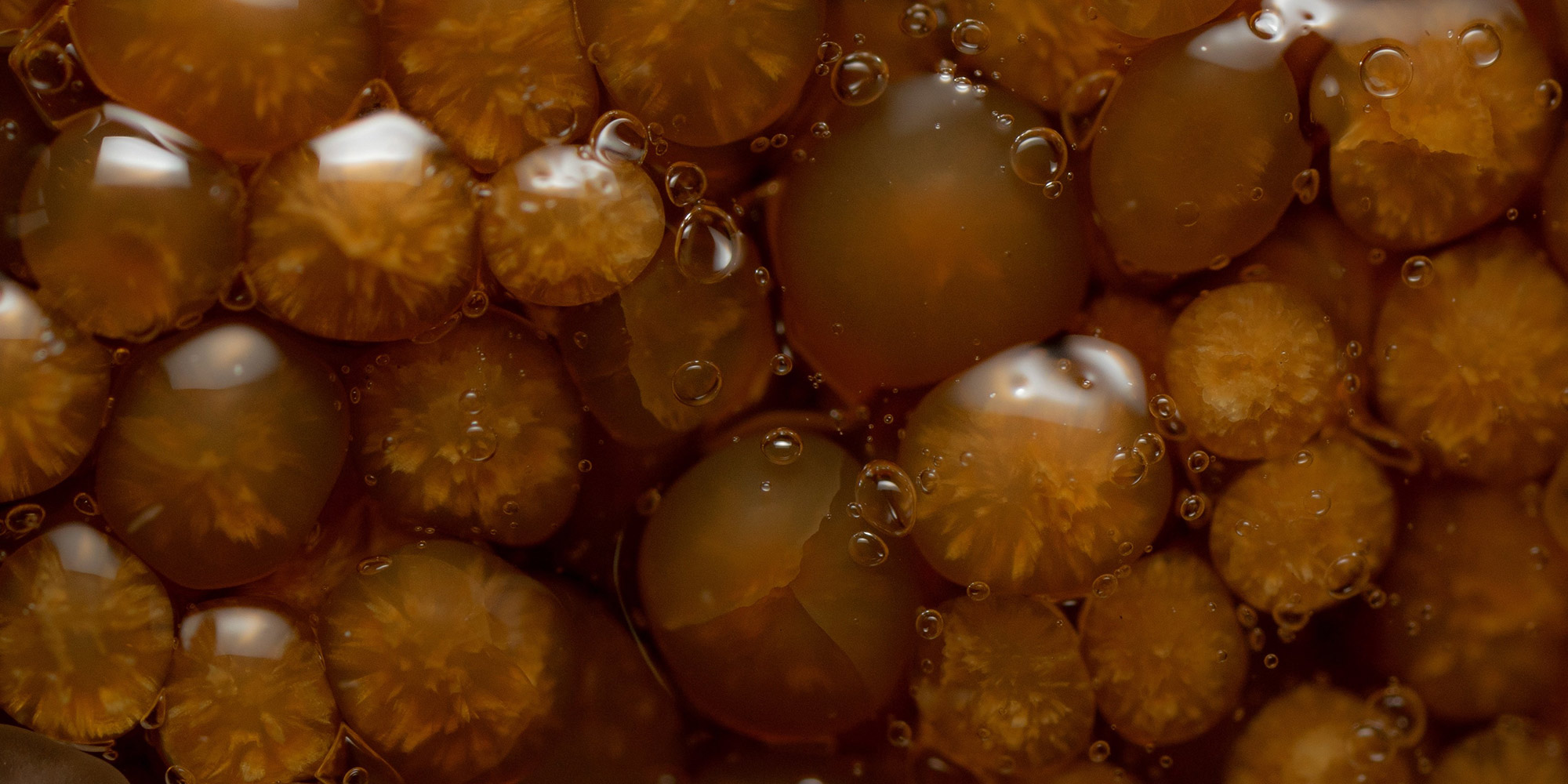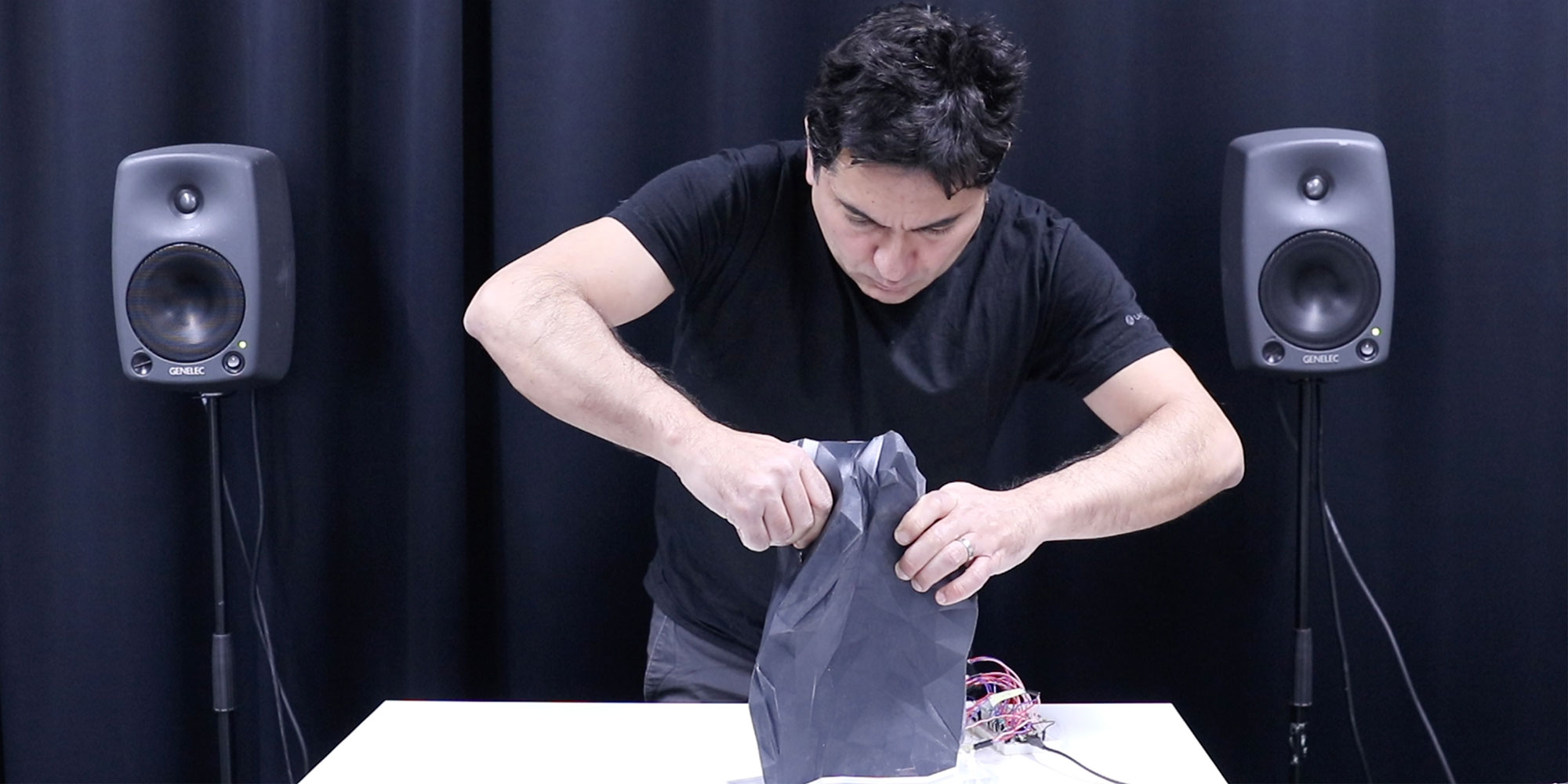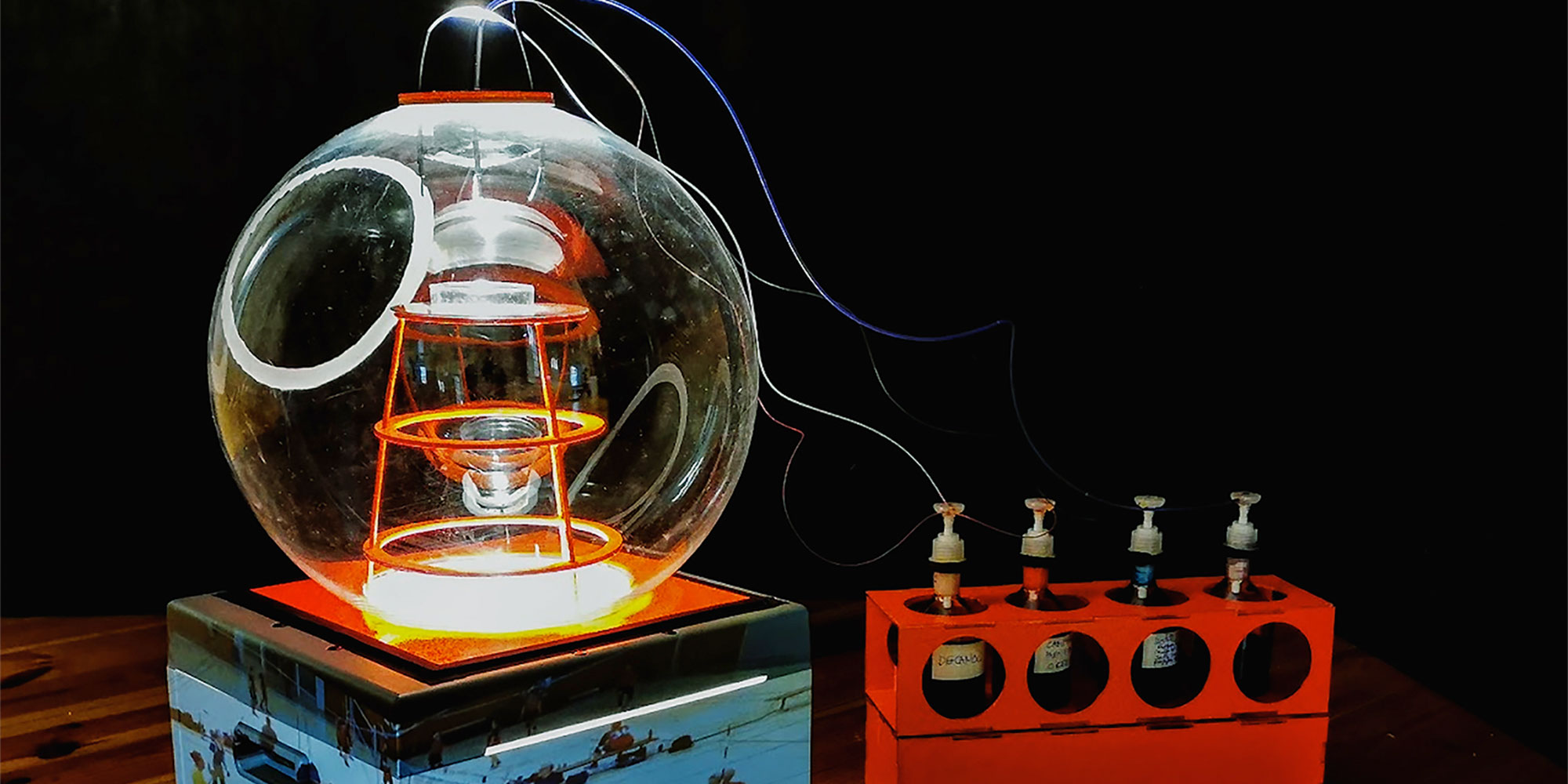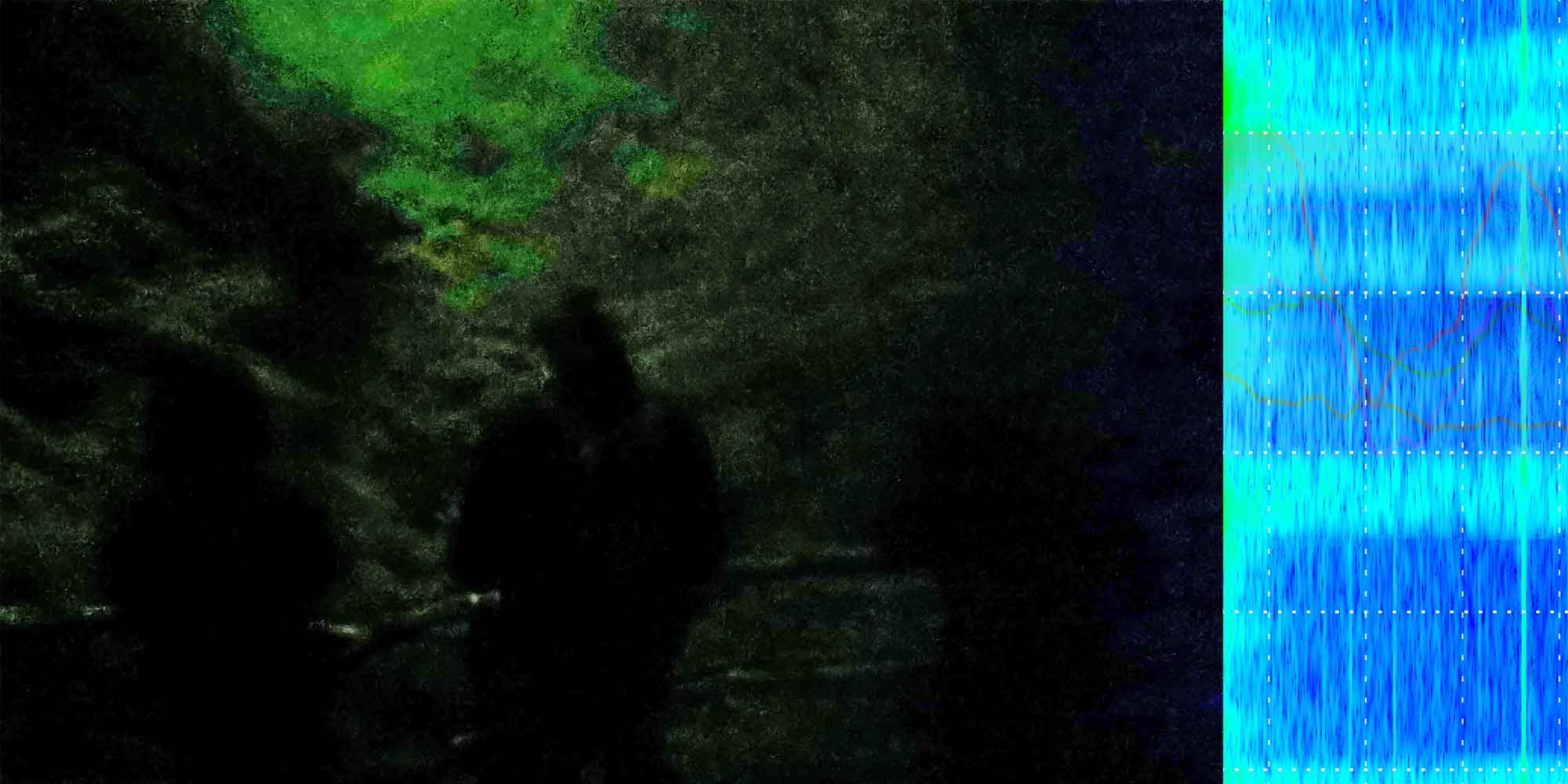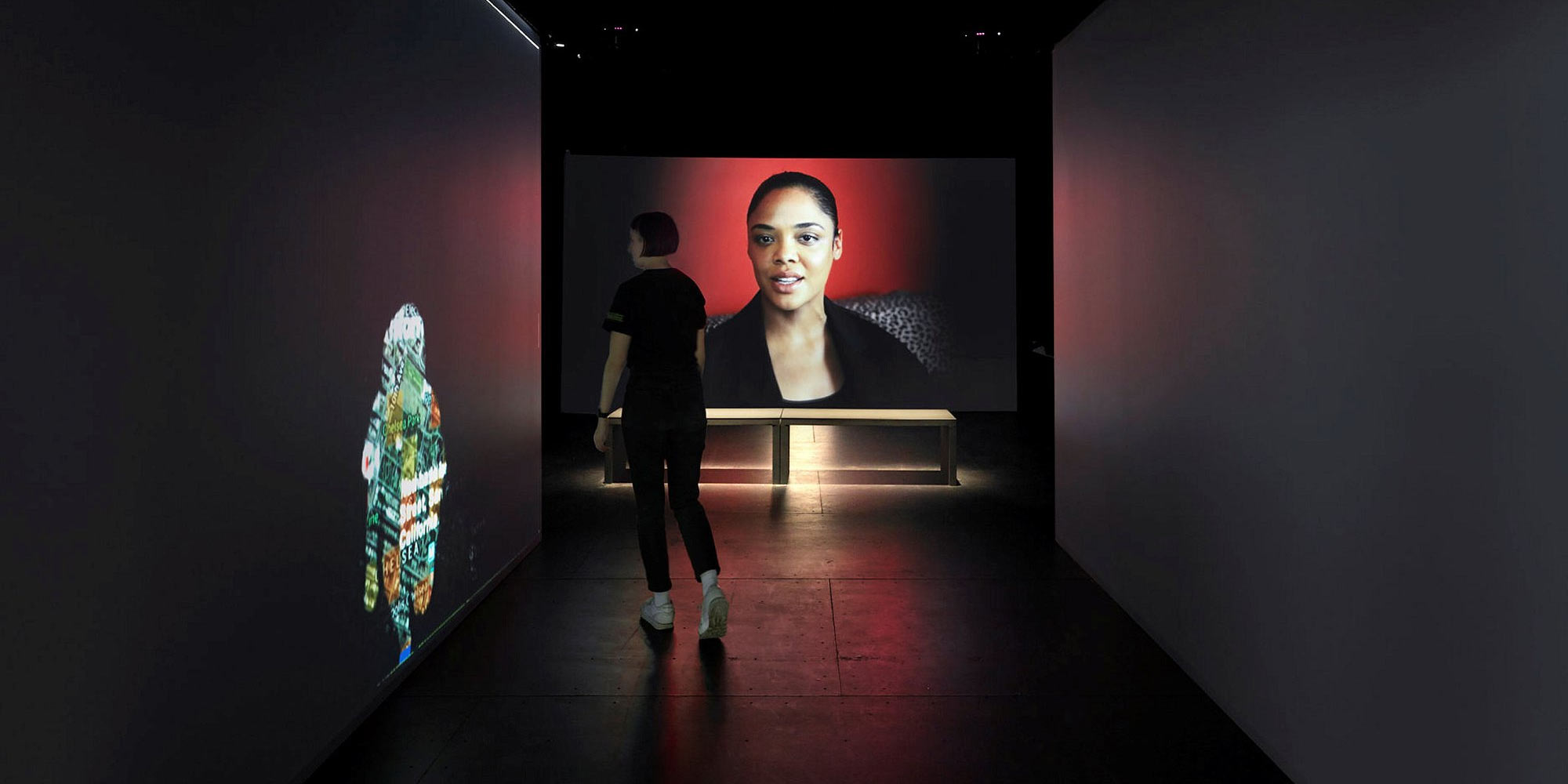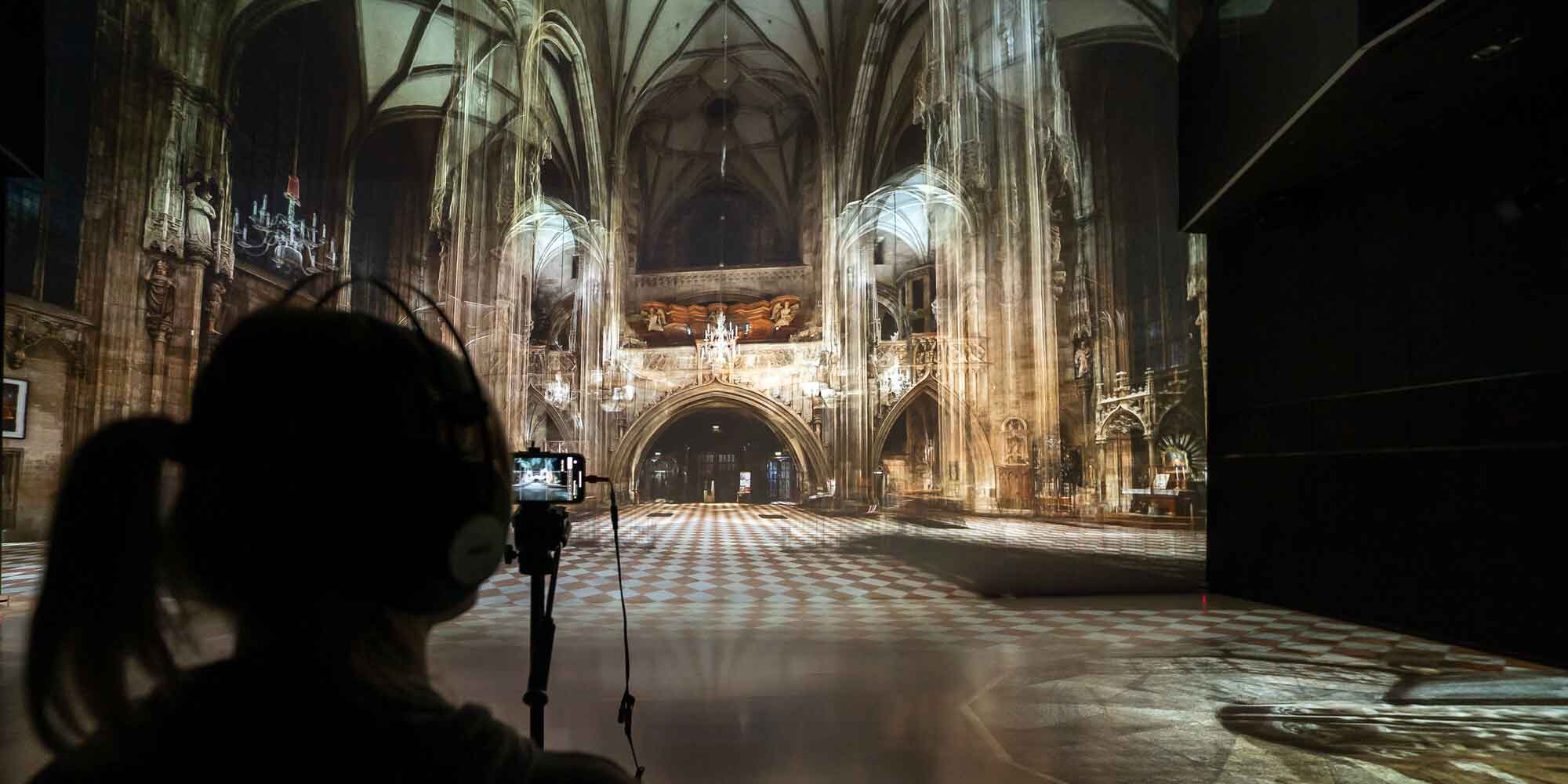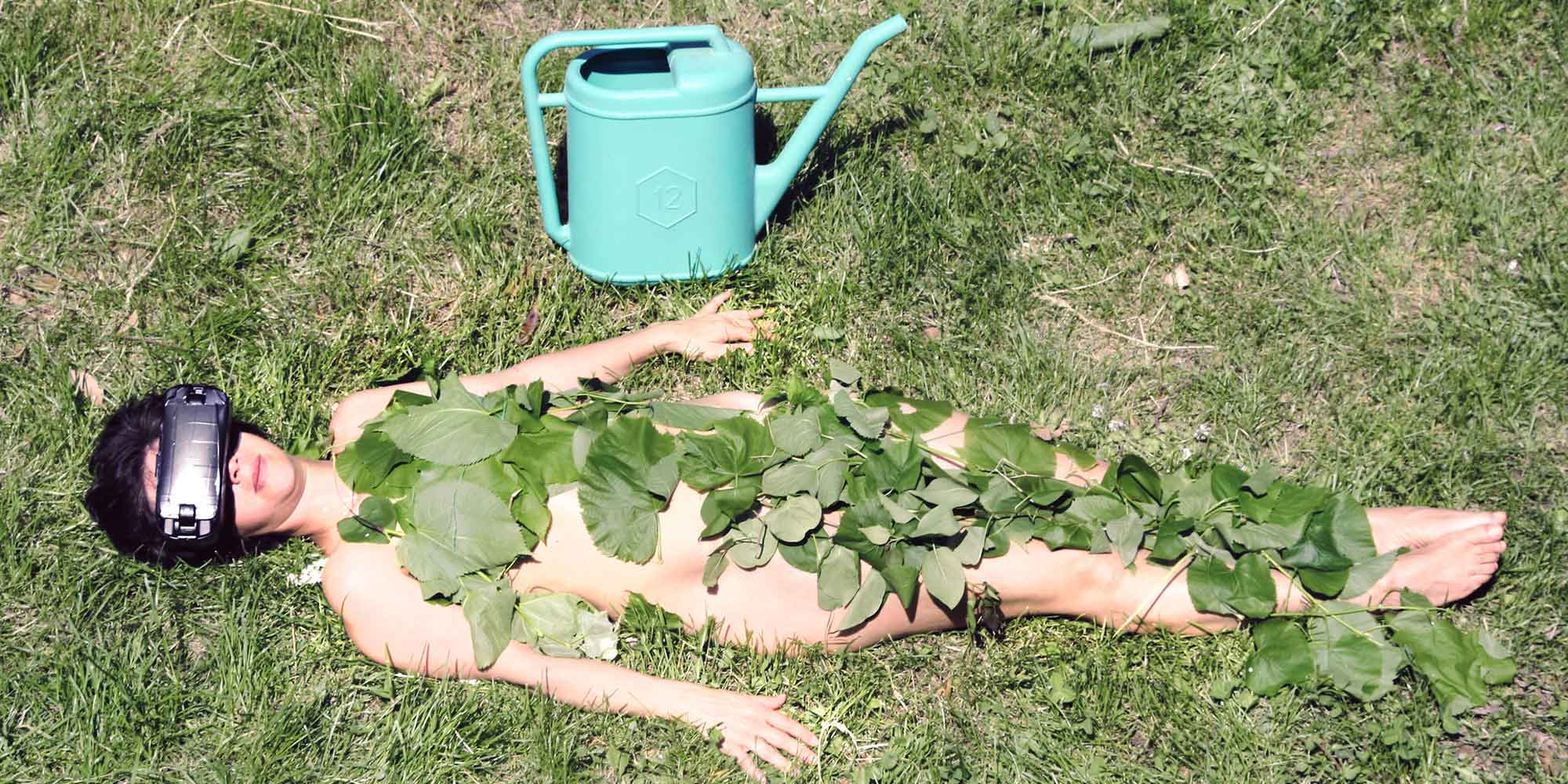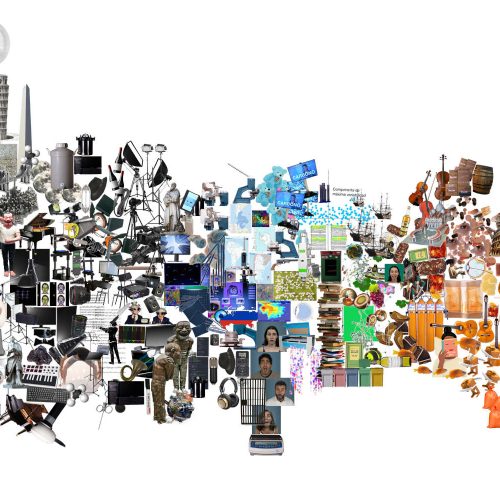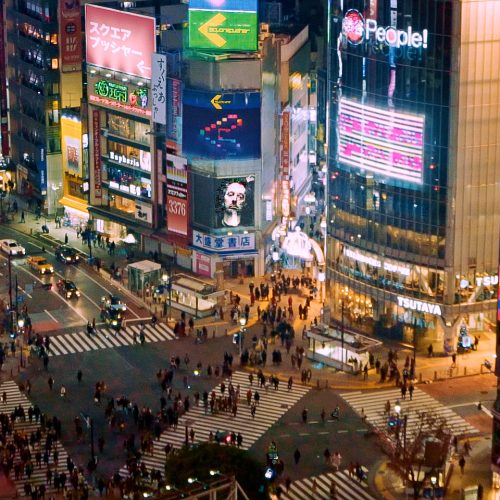2020 Ars Electronica Festival: In Kepler’s Gardens
September 9 — 13, 2020, a global journey mapping the new’ world
The starting point: Kepler’s Garden in Linz, Austria. The destinations: 120 locations around the globe. The duration of the journey: 9 to 13 September 2020.
Festival on the Web
Ars Electronica 2020 is taking place not despite but because of Corona. From September 9 to 13, the Festival for Art, Technology and Society simply wants to know what to do now? For the first time we’re asking this difficult question not only in Linz but at 120 locations on all continents. Everywhere we meet people who are fighting by peaceful means against the destruction of our environment and rebelling against the powerful, who bring up what is burning under the nails of millions, who demand that the increasingly rapid development of technology should be oriented on us humans and not the other way around. Everywhere we meet people who are working for a better future. We meet artists, scientists and activists and want to know how they imagine our future. Why not join us on this unique journey around the world and experience places you have already been to in a completely different way. Before we give you a taste of this venture and now serve you the best travel tips, here’s a general note that’s very important to us. It also explains why Ars Electronica is becoming a travel agent of a different kind this year.
Festival in Linz
If you do not live and work in Austria or in a country bordering Austria, please do not come to Linz in September. We are serious about that. Stay at home and stay healthy! Instead, go and be online from September 9th to 13th and take advantage of the many new opportunities to experience, comment, discuss and exchange ideas with others at presentations, lectures, performances and concerts at the 120 festival locations around the world! But if you’d like to come to Linz and visit the “Kepler’s Garden” on the campus of the Johannes Kepler University, which is being staged here for the first time, we’d be delighted to do so too, of course. In this case, however, please note that you must book your ticket in advance and online. In order to make your visit to the festival as safe as possible, we want to avoid any queuing and group formation on site, so this time there will be no ticket counters on the festival grounds. Furthermore, we ask you to keep minimum distances to other visitors and to wear a mouth-and-nose protection. That’s it, enough about Corona. Let’s go now! From Linz, Austria towards the east always towards the sun, one time around the whole world! Let’s go!
Linz, Austria: Strolling Through “Kepler’s Garden“
It is the liaison between art and science that everything revolves around here, in “Kepler’s Garden”. Amidst old trees and freshly planted bushes, works of art refer to our relationship to technology and nature. Right next door, in modern, striking buildings that have just been completed and are now accessible for the first time, the “Transformation Projects” of the Linz Institute of Technology show in a visionary and sometimes playful way what “Responsible Technology” could look like, award-winning collaborative projects explore new avenues along the interface of “Science, Technology and Arts” — STARTS for short — and the Ars Electronica Children’s and Youth Festival, create your world, nurtures and cares for an entire “garden of talent”. Art, technology, science, culture, nature — Johannes Kepler would have been delighted to visit this garden inspired by him.
Ljubljana, Slovenia: Investigative Art Against Catastrophe Capitalism
A human, a dog, side by side, both wrapped in futuristic diagnostic warables that can detect heart and respiratory diseases at any time and send an alarm. All data measured by these wearables are collected in a neural network that in turn attempts to synchronize the human heartbeat with that of the dog. Maja Smrekar — the originator of this artistic experimental arrangement — criticises the prevailing power relations in terms of technological development and data sovereignty. Technologies such as AI need a social dimension and not only the economy, but above all civil society should have a say in what we want to use these systems for, the artist believes. Maja Smrekar and her Slovenian colleagues invite us to take a trip into the world of investigative art against catastrophe capitalism.
Zagreb/Dubrovnik, Croatia: Thinking About Human And Nature In Quarantine
It is a beautiful Renaissance building, in which once — what irony — plague and cholera infected people were locked up and had to suffer their inevitable fate. In the present day, quarantine and its strict observance is also omnipresent again, which is why artists and scientists ask about our relationship to nature right here, in this very house, and spin their own visionary stories.
Outside, in the Adriatic: Diving Into A World Beyond Our Perception
A holiday by the sea is at the top of most of us’ list of longings. But what always looks so invitingly blue and beautiful from the perspective of the beach visitors is in reality usually under heavy pressure: we are talking about the oceanic ecosystem. The “Adriatic Garden | aqua_forensic 2.0” invites you to dive into a world beyond our perception, searches — and unfortunately finds — a multitude of chemical pollutants and investigates how these affect the fauna and flora of the Adriatic. It is a trip between art, science and “Citizen-Science”, which might make us vacationers look out at the sea differently next time — who knows?
Bucharest, Romania: Closeness & Distance — The Artistic Investigation Of Isolation
Welcome to a vacant lot in the middle of Bucharest, in the park of the local university. Welcome to a stage where researchers and artists bring interactive technologies in the fields of performing arts, media arts and game design to a quite innovative use. Everything here revolves around social proximity and simultaneous “physical distance”, everything revolves around interaction and communication in virtual worlds and “distant arts”. It is an artistic examination of recent experiences of isolation, an experience trip between closeness and distance, an excursion into virtual realms and back!
Athens, Greece: In The Data Garden Beneath The Acropolis
The multimedia “Data Garden” by Onassis Stegi, a film, a sound drama, digital games and mobile apps from “HackAthens 2020” — kalos irthate stin Athina! But beware: If you’re looking for dreamy Mediterranean romance here, you’d better try Tripadvisor! The Ars Electronica Garden in Athens is a data garden, a place that asks whether, and if so how, we can reinvent our interpersonal relationships, physical contact, our sex life and our dreams in the midst of a world that is increasingly mediated and shaped by technology? How can our bodies be reconfigured, in an era where digital communication mediates all forms of activity, haptic encounters are becoming increasingly rare and the separation between professional and private spheres is disappearing? Within sight of the testimonies of a great past, the Athenians of today invite you to a journey of thought into a hopefully equally promising future!
Nicosia, Cyprus: From Growing, Blooming and Withering
What bonds can we borrow in the digital age from old horticultural techniques such as plant grafting? Follow the invitation of Cypriot artists into a collaboratively designed virtual garden where everything first grows, then blooms and finally withers. Explore a space that propagates an alternative digital community and lets you have your own individual experiences.
Moscow, Russia: What Data And Mindsets Have To Do With Each Other
More and more processes of our daily life are being digitalized. The result is always huge data sets that are analyzed by algorithms and scanned for patterns — at a speed and in a dimension that are simply inaccessible to our perception. The Moscow curator duo Helene Nikonole and Olga Vad invites you to the “Garden of Datasets vs. Mindsets” and asks about the boundaries between digital and physical spaces and what the implementation of algorithmic regulation and control tools means for a Post-Soviet society like the Russian one.
Hong Kong, Chinese Special Administrative Region: Seeing The World With Different Eyes
A metropolis at the crossroads of historical, cultural and political fault lines. Forces are always shifting here, each time causing an outburst of creativity. Life, art, science and technology are linked together in the form of artistic projects, they become magnifying glasses, distorting glasses and spectacles of time, through which we can see our world differently and anew. At least for those present on site, all this is guaranteed to end up in a wine tasting — à la santé!
Seoul, South Korea: In The Garden Between The Worlds
We lead our first life in the physical world, our second life in the virtual world and our third life in a place where both spheres exist. Our real life is supplemented here by virtual aspects and our virtual life by real aspects. In such a place, technology and ecology can no longer be kept separate, but must be considered together. Join us in a garden that has its conceptual origin in the rapidly advancing urbanization of South Korea and sees itself as a practical and at the same time metaphorical blueprint for the future.
Tokyo, Japan: Past & Future Of Media Art In The No. 1 Technology Country
Welcome to the No. 1 technology country, welcome to one of the world’s largest metropolitan areas, welcome to Tokyo! It is no coincidence that a number of the most important and innovative media artists of our time live and work here. Let us take you away to the virtual “Tokyo Garden”, where you can get to know these artists and their roots as well as their visions for the future.
Melbourne, Australia: Down Under, Next To The Nibelungen Bridge In Linz
Austria and Australia, Matthew Gardiner knows both very well. After years at the Ars Electronica Futurelab in Linz, the artist now lives and works in Down Under again. Via Augmented Reality he invites you — no matter in which city and on which continent you may be — to enjoy your Leberkäs-Semmel in the middle of a very Austrian “sausage stand”. Afterwards, Matthew offers you an artistic-scientific tool-kit he developed, with which you can create your own origami robot garden at home.
Auckland, New Zealand: At The End Of One World And An The Doorstep Of Another
It is the last stop before the big jump over the Pacific Ocean: Welcome to Auckland, New Zealand, welcome to the garden “Aotearoa”. Here, large-format projection screens and 3D projections create a unique space in which physical artifacts and virtual presentations such as Mozilla Hubs complement each other 1:1. The entire garden is designed as a bi-directional platform where you can experience projects by New Zealand artists and scientists as well as Ars Electronica hubs from the rest of the virtual world. Whether online or on location, immerse yourself in the “Aotearoa Garden”, experience performances, see prototypical installations, visit studios and research facilities, explore New Zealand’s cultural sites and roam through extraordinary landscapes.
Silicon Valley, USA: Borders are there to be overcome
Silicon Valley. Everyone who works in the IT and high-tech industry and who believes — or wants others to believe — that they are doing great things is here. Within the framework of a new festival format, the local creative community is demonstrating that its technologies are not self-contained but dynamic systems and platforms, predestined for interdisciplinary and international cooperation to overcome deadlocked and isolated thinking. Artificial boundaries between the worlds of art, technology and politics are dissolved in these visions, the goal is a shared experience within and between the communities. The border that has so far separated the artist from the machine is also questioned. Join us on a journey into the future that revolves around AI and creativity, the reinterpretation of tech regulation and the creation of new digital communities.
Los Angeles, USA: Building bridges between species, technologies and cultures
The next stop brings us to the City of Angels where we visit another hub of creativity: UCLA. The ArtSci Center located here invites you to a garden for art, technology and society, which is entirely dedicated to network ecologies. Students, graduates and artists ask about nodes that promote interaction and help bridge the gap between species, technologies and cultures.
Chicago, USA: The present is our moment, our chance!
Welcome to Chicago and a virtual exhibition space where digital and physical artwork and environments become one. Whereby, everything here underscores the impossibility of a virtual utopia and the urgency of reimagining our collective reality. It is, therefore, above all a message that is clearly expressed here: The present is our moment and our chance to build the world we want to live in. So what are we waiting for?
Cambridge, still in the USA: Between presence and absence
Have you ever been to the famous MIT Media Lab? No? Well then, welcome! Prepare yourself for a lot of futuristic dreams! The Tangible Media Group’s “Cambridge Garden” is dedicated to the tension between presence and absence as fundamental states of being, using legendary media art works and cutting-edge research projects as examples. Here you will experience “Beyond Being There” by Jim Hollan from 1997, “inTouch” by TMG from 1998 or “MirrorFugue” by Xiao Xiao from 2013. In addition, MIT experts will show you how a “Tangible Telepresence” can revolutionize our collaboration across time and space, as well as dynamic computer materials which, as “Radical Atoms”, could open up completely new forms of human-material interaction. Welcome to the future!
Santiago de Chile, Chile: Immerse yourself in the mysterious world of mushrooms
Our journey continues, to the south, to Santiago de Chile. We enter a speculative garden that directs our attention to one of the most active components of our ecosystem, one that we hardly notice: Mushrooms. What we see of them is, in a way, only the proverbial tip of the iceberg, because under the surface of the earth these organisms branch out into huge networks that transmit information and transform dead matter. Learning a thing or two from such efficient, natural recyclers could definitely be a contribution to achieving a more sustainable use of natural resources. Not only the gardeners of the “Fungus Garden” in Santiago de Chile think so!
Buenos Aires, Argentina: In the garden of curiosity
A garden stands for a variety of forms and sensations that we plan but cannot predict in the end. The word “culture” is derived from “cultivating”, i.e. shaping and cultivating the land, and in a sense all our social practices have grown, over a long period of time and in a marked-out field. For us today, more than ever, it’s about finding a way to harmonize our culture with the ecosystem that surrounds us. The “Garden of Curiosity” is an interactive, navigable visualization that wants to share this attempt. Navigate through an environment full of objects, words, sketches and sounds, which in turn provide access to a range of art and science projects.
Johannesburg: Digital theatre in the pan-African garden
It is far to our next destination. We stay in the South, but cross the “Big Pond” and land at the southern tip of Africa, in Johannesburg. Here, too, the pandemic has led to artists being severely restricted in their real freedom of movement and therefore they have sought and found new ways of presentation and communication. In the pan-African garden of Fak’ugesi you can see this for yourself and look over the shoulders of curators and artists as they attempt to create a new digital space with “Virtual Black Out”: African scenographers and digital artists are to completely rethink the space, place and time for digital theatre productions.
Lisbon, Portugal: Women reaching for the stars
We take another leap, from South Africa to the west coast of the European continent. We’re going to Lisbon. Here, in the Portuguese capital on the banks of the Tagus, is the pavilion of the Ciência Viva knowledge centre, which is dedicated entirely to the world of science and technology. Rui Agostinho, a professor in the Faculty of Science at the University of Lisbon, is your guide and will take you on a virtual tour of the pavilion, where you will learn about how we can use starlight to determine their chemical composition. Sarah Petkus’ “NoodleFeet” will then build a bridge to the European Union’s “spaceEU” programme, which also reaches for the stars! Just next door in Lisbon, you can visit another exciting festival garden that aims to support women in arts, science and technology. The aim of the garden, laid out in the virtual realms of Mozilla hubs, is to better connect women with each other and thus strengthen them as a community.
Barcelona, Spain: Complex and unpredictable
Welcome to Spain, more precisely to Catalonia. We are in Barcelona and we are visiting a garden dedicated to the infinity and unpredictability of the possibilities available to us and, on the other hand, to ecology and its incredibly complex, systemic interactions. Also in Barcelona we are still looking for “Solar Orchard Garden”, which is also about complexity, but this time in combination with curiosity. On site and online, you are invited to get to know two installations: “Stargazer”, a radio telescope observatory and a laboratory environment that inspects, manipulates and experiments with the virtual world. “Amazonia” in turn shows the earth in a constant interrelation with the sun, including ritual performances that make it clear that nature ultimately sets the tone in our lives.
Dublin, Ireland: 95 percent of all things are a mystery to us
How will virtual reality change different forms of therapy? Where exactly is the “cloud” and who controls it? How could biodesign improve or destroy our lives? What can stick insects teach AI systems about dance? 95 percent of our universe is a complete mystery to us. The Festival Garden in Dublin will not change this for the time being, but it will help artists and scientists to answer the next questions by encouraging the widest possible public discussion of their themes, methods and results.
Birmingham, Great Britain: The new needs space and support
Welcome to Birmingham, welcome to a festival garden for the open-minded, curious and creative, a festival garden for artists and scientists, a garden where everything is about how to promote the new. Your host is STEAMhouse, a centre for innovation, creative thinking, prototyping and business development based on science, technology, engineering, art and mathematics, based in Digbeth, in the heart of Birmingham, UK. We wish you lots of inspiration!
UK (London, Farnham, Manchester, Dundee, Wolverhampton): The Garden of Earthly Delights
Inspired by Hieronymus Bosch’s “Garden of Delights” and the metathemes of the 2020 Ars Electronica Festival, the British “Garden of Earthly Delights” celebrates the collaboration of art, technology and science. The focus is on projects that were submitted to this year’s STARTS Prize of the European Commission or that were created in the context of “artists-in-residence” programs.
Brussels, Belgium: (Bio-)technology that has what it takes to revolutionize
Welcome to Brussels, the political centre of Europe. Decisions taken and ratified here have an impact on the lives not of millions of Europeans but of the whole world. The new biological tools at the heart of the Ars Electronica Garden in Brussels have a similarly broad impact. Such as CRISPR CAS9, for example, a technology with which hereditary traits can be permanently erased, weakened or reinforced or even supplemented with new ones. Technologies like these, would — or will? — make it possible in the future to develop drugs and therapies that make us insensitive to pain or fatigue, or to equip embryos with the DNA of several people. Against the backdrop of the corona crisis, artists are asking about the potential, but also the possible risks, that are associated with the development and application of such technologies and want to initiate a broad debate on biotechnology.
Leiden, Netherlands: Reaching for the stars
Reaching for the stars — for some time now also a central concern of the united Europe. With “spaceEU”, the European Union therefore wants to inspire young people for science, technology, engineering, art and mathematics, encourage them to take up occupations that are in any way connected with space exploration and build a young, creative and integrative European space community. Girls and boys across Europe should work together on ambitious goals and, not least, develop a European consciousness that emphasises what they have in common while leaving room for cultural differences. The “Step into Space Garden” in Brussels brings together (space) scientists and artists and focuses on projects by and for young people. So, are you ready for the “Space Walk”?
Amsterdam, Netherlands: Everything is always different
How do new technologies change our perception and experience? In what ways does technology empower us, in what ways does it threaten us? Individually and collectively? All this is in a constant state of change and constantly confronts us with new challenges. The Amsterdam Garden of Art, Technology and Society is extending its feelers towards the other Festival Gardens, focusing on the “Shifting Proximities” of our time.
Espoo / Helsinki, Finland: The new normal means everything is uncertain
Uncertainty. Everywhere. None of us knows what’s gonna happen next. What has been more or less present for all of us since the spring of 2020 — and a completely new and disturbing experience — is quite familiar to many artists. Uncertainty and insecurity are for many the starting point of speculative and experimental art practices, of new perspectives and ideas. Unlike science and technology, which typically aim to overcome the state of uncertainty, experimental art often stages the uncertainty itself. This is exactly what Koray TahiroÄŸlu, Laura Beloff and Andy Best do in their “Uncertain Practices”. So why don’t you stop by the “Aalto Garden” in Helsinki, Finland, and venture into unsafe territory.
Vilnius, Lithuania: From the point of view of a branch
Welcome to Vilnius. Artists, researchers, professors and students here invite you to a hybrid garden where the physical itself comes into focus. Everywhere you go, it’s all about communication and symbiotic relationships between permanent residents, invasive and migratory species — including us humans. Discover for yourself what and who creeps and flees here, in the upper, lower and shrub layer, in the grass, on the forest floor and underground. Follow all this from the perspective of a wandering cameraman, a tree climber, a flying drone, a running or crawling pet or even a branch swaying in the wind!
Back in Linz, Austria: media art at its best!
After a world tour and stops in Ljubljana, Zagreb and Dubrovnik, the Adriatic Sea, Bucharest, Athens, Nicosia, Moscow, Hong Kong, Seoul, Tokyo, Melbourne, Auckland, Silicon Valley, Los Angeles, Chicago, Cambridge, Santiago de Chile, Buenos Aires, Johannesburg, Lisbon, Barcelona, Dublin, Birmingham, London, Brussels, Leiden, Amsterdam, Helsinki and Vilnius we are back in Linz, Austria. And our journey is not over yet. Because even beyond the already recommended “Kepler’s Garden” there are still all kinds of sights worth seeing for Ars Electronica travelers. How about the best media art projects of the year? The OK Offenes Kulturhaus shows you a selection of the projects submitted to the Prix Ars Electronica! The University of Art and Design, which is virtually within sight, will then be offering media art from Linz for sale: young, provocative and reflective, the “WILD STATE” exhibition is well worth seeing. And last but not least, there’s the Ars Electronica Center on the northern bank of the — sometimes really — blue Danube. Tip 1: Visit Deep Space 8K and experience high-resolution images by Raphael or Van Eyck or explore a huge walk-in 3D point cloud of Vienna’s St. Stephen’s Cathedral. Tip 2: Visit the “Open Futurelab” and find out from our researchers, artists and developers which prototypes are currently being worked on with passion and high pressure. The future, it can come!
